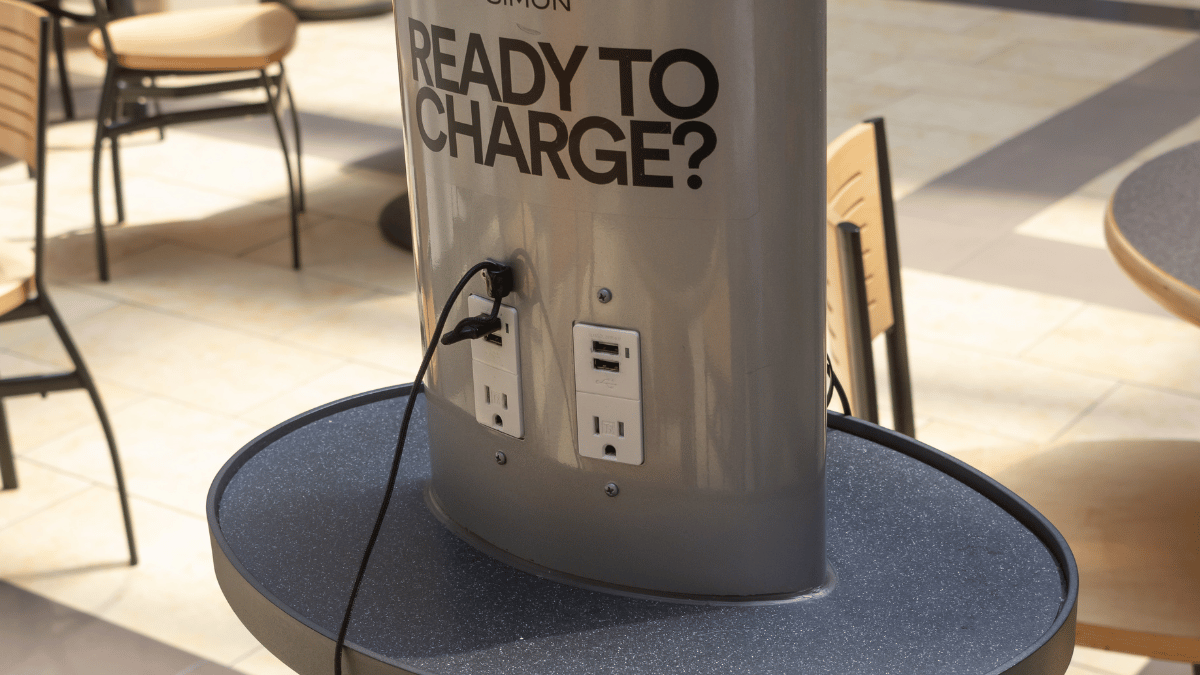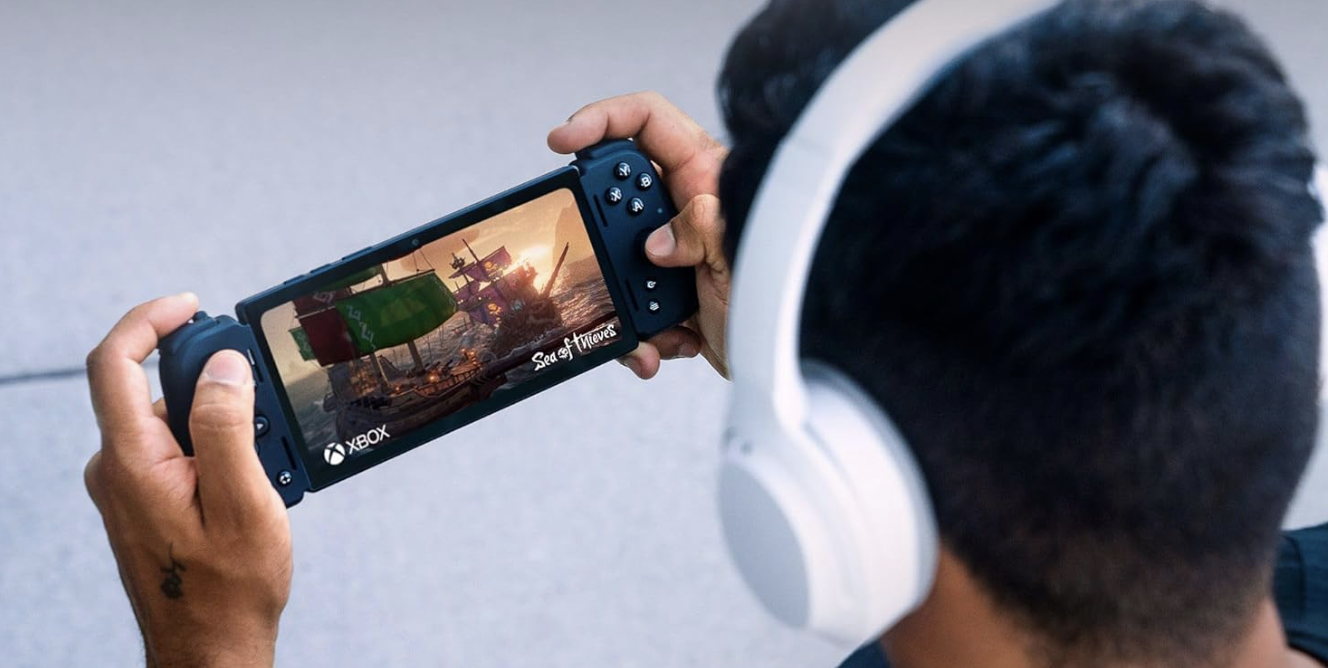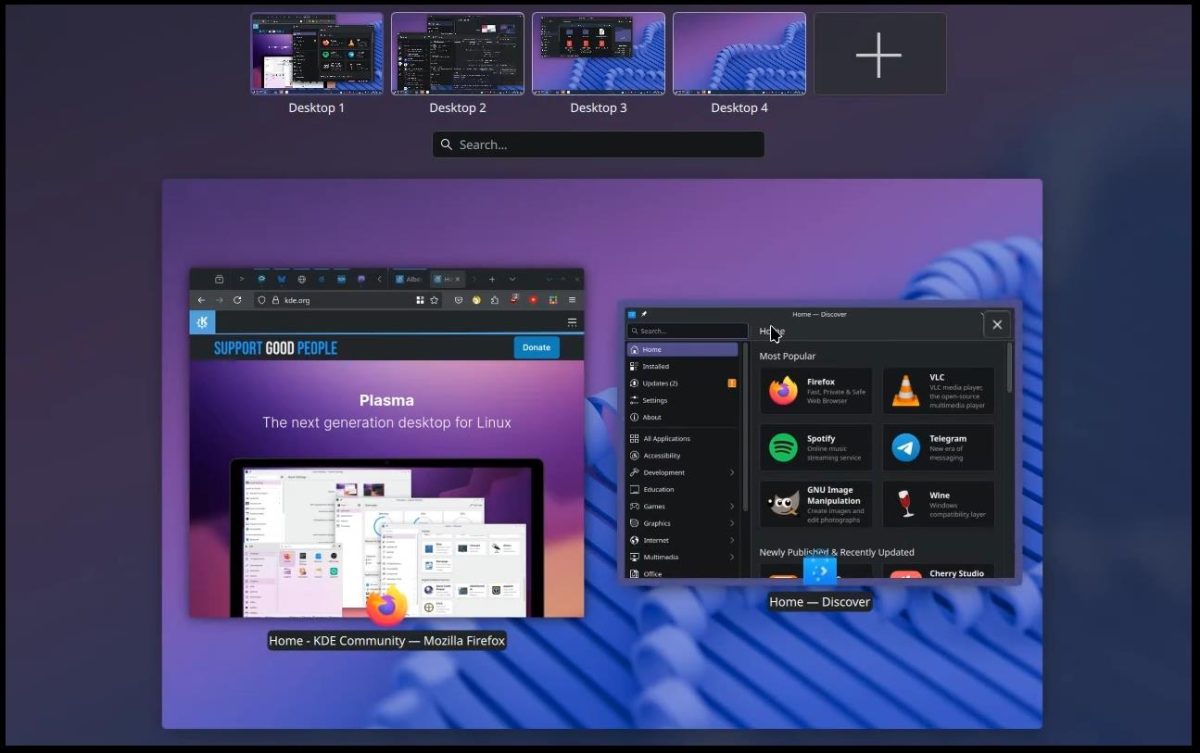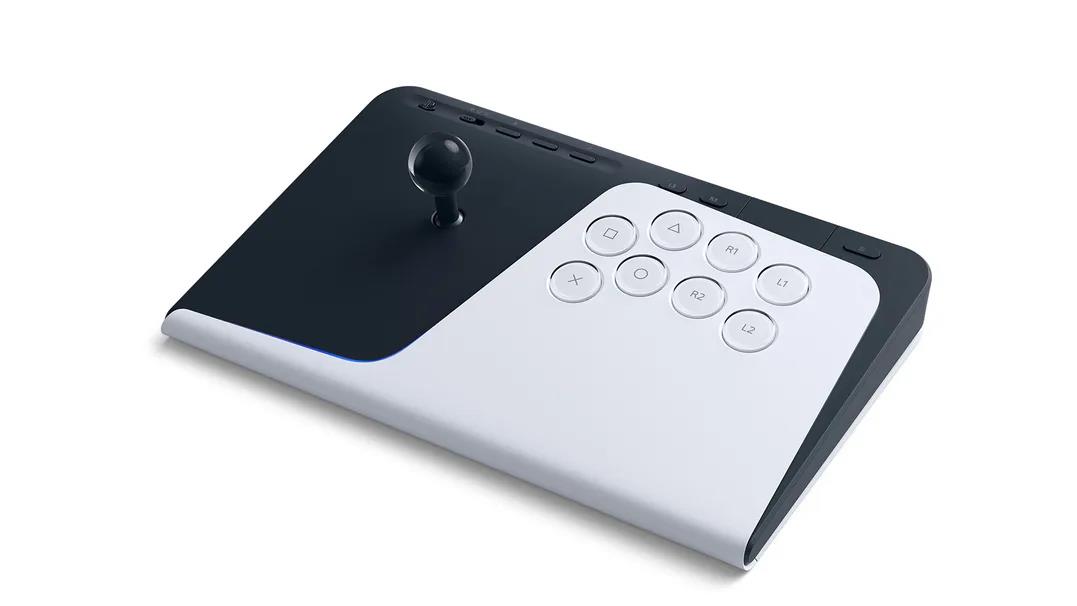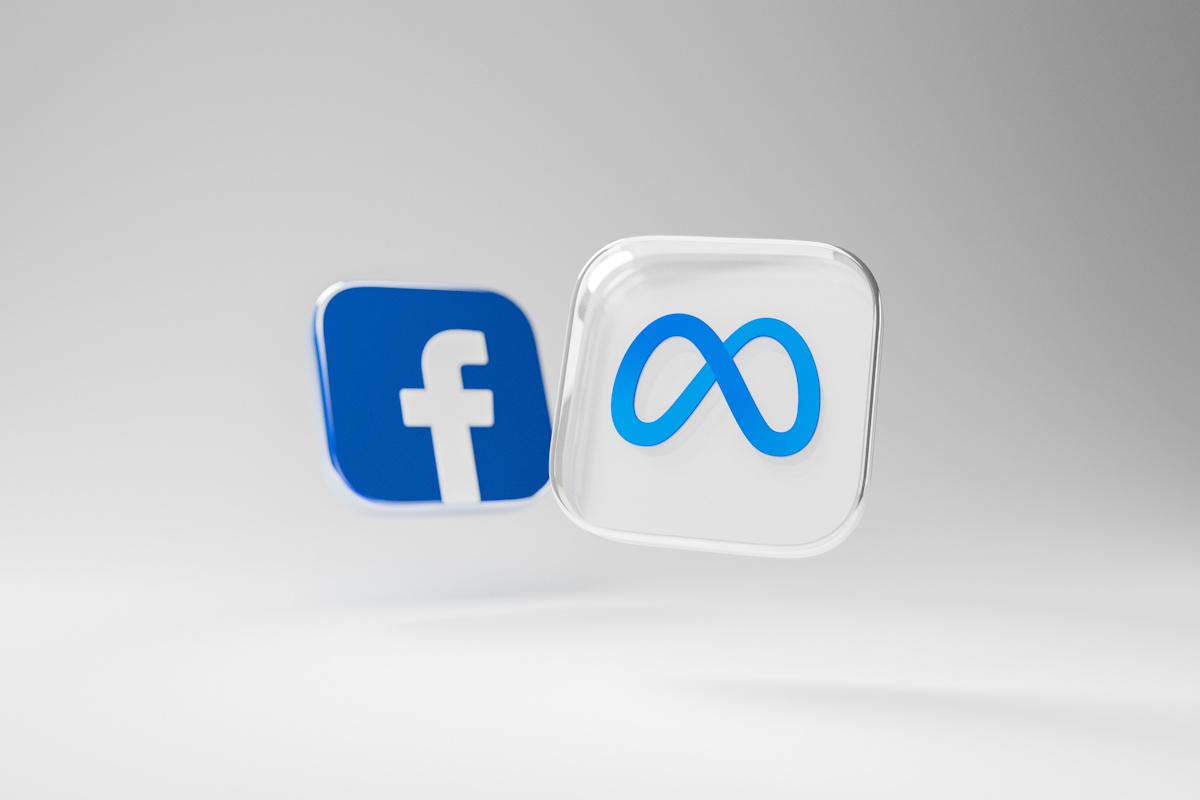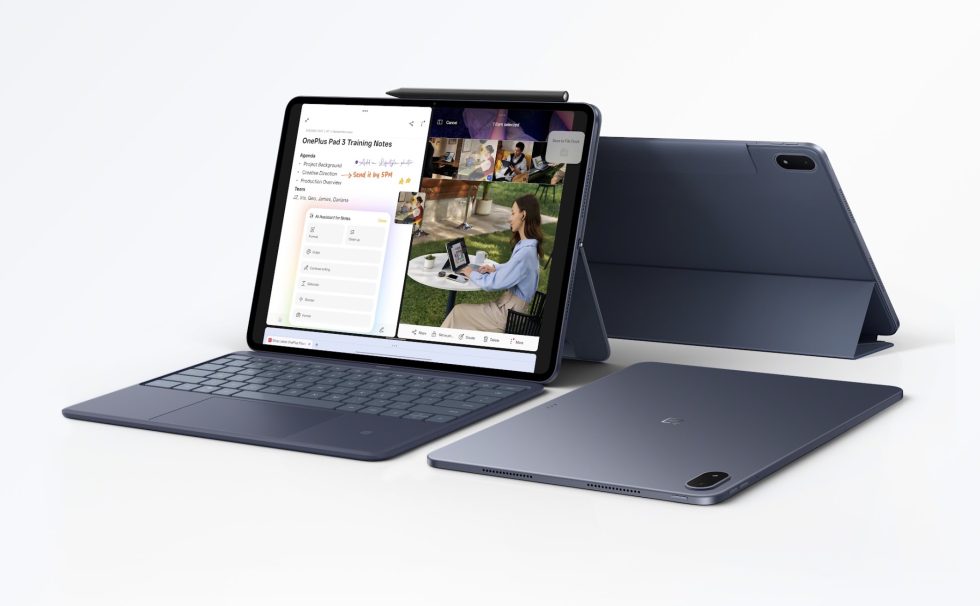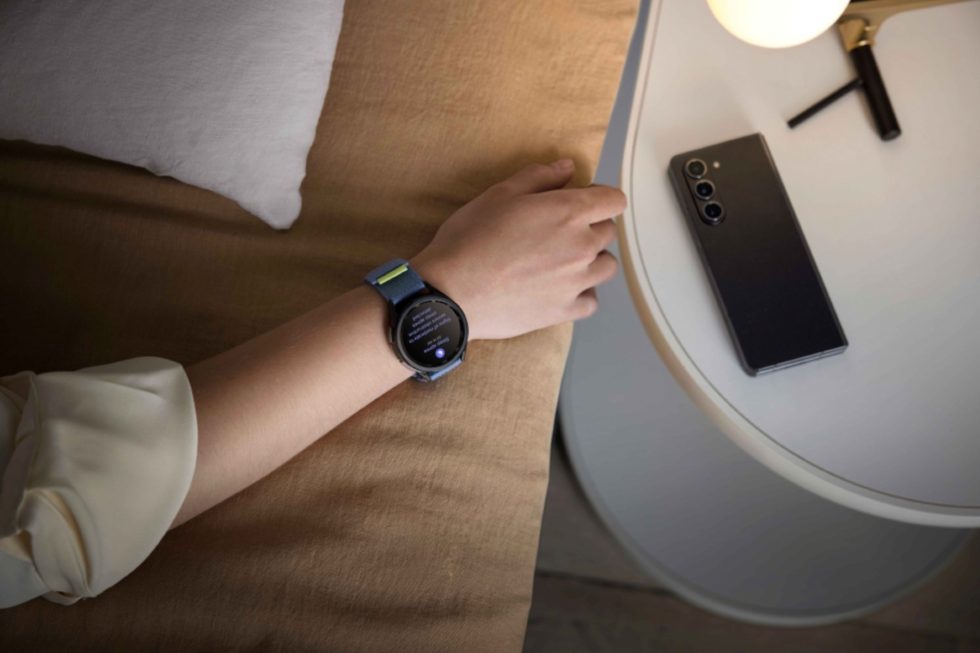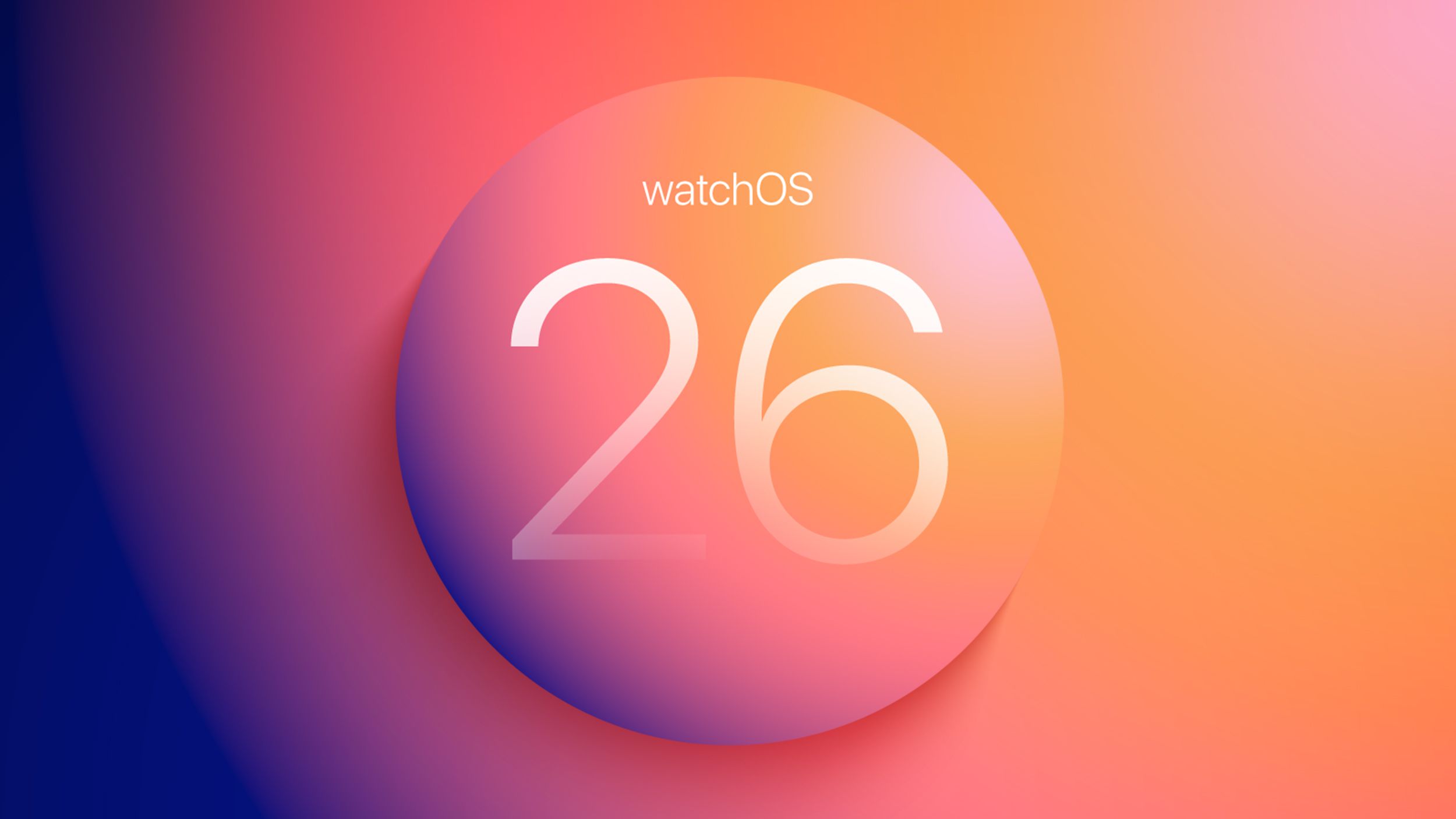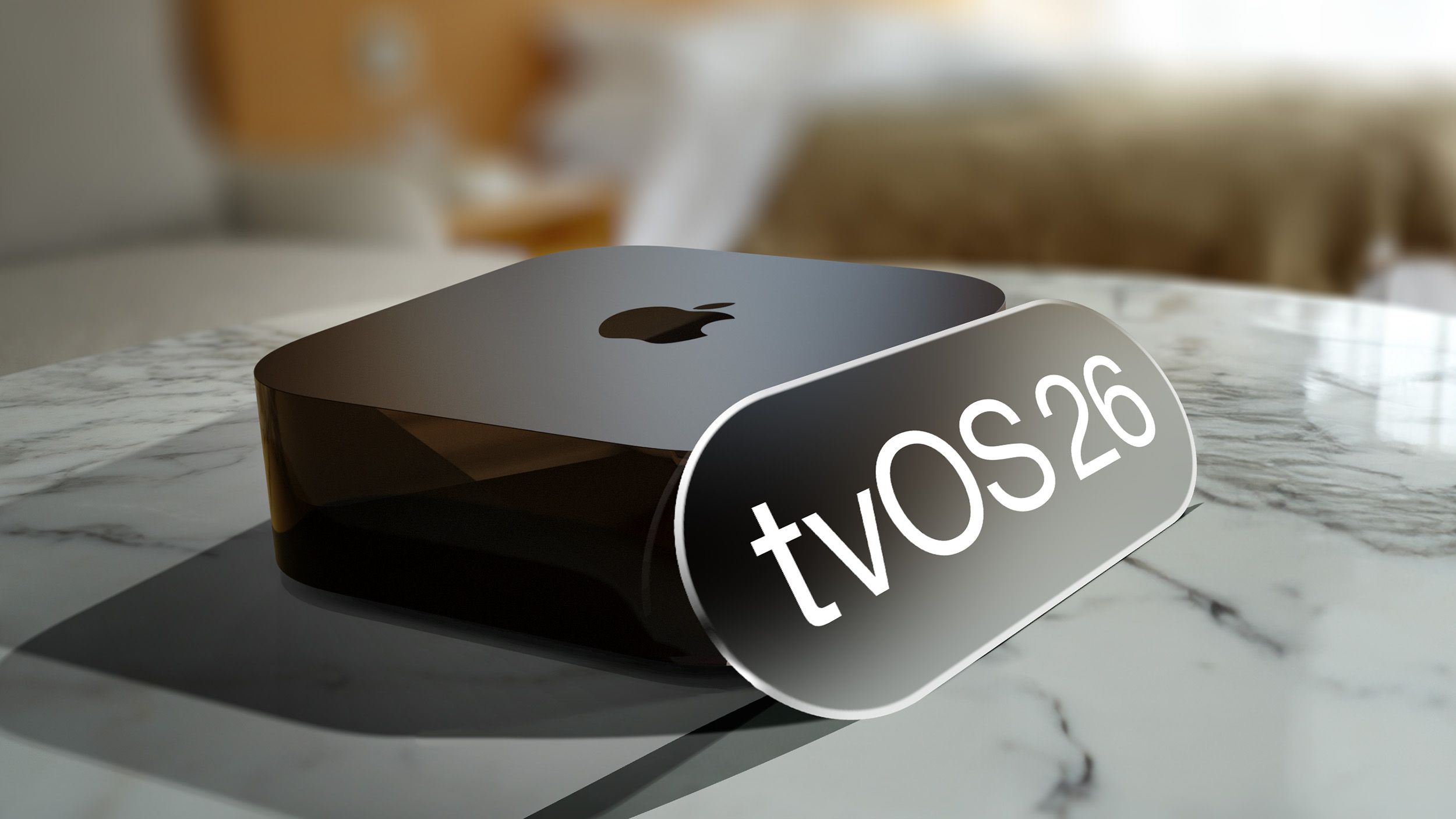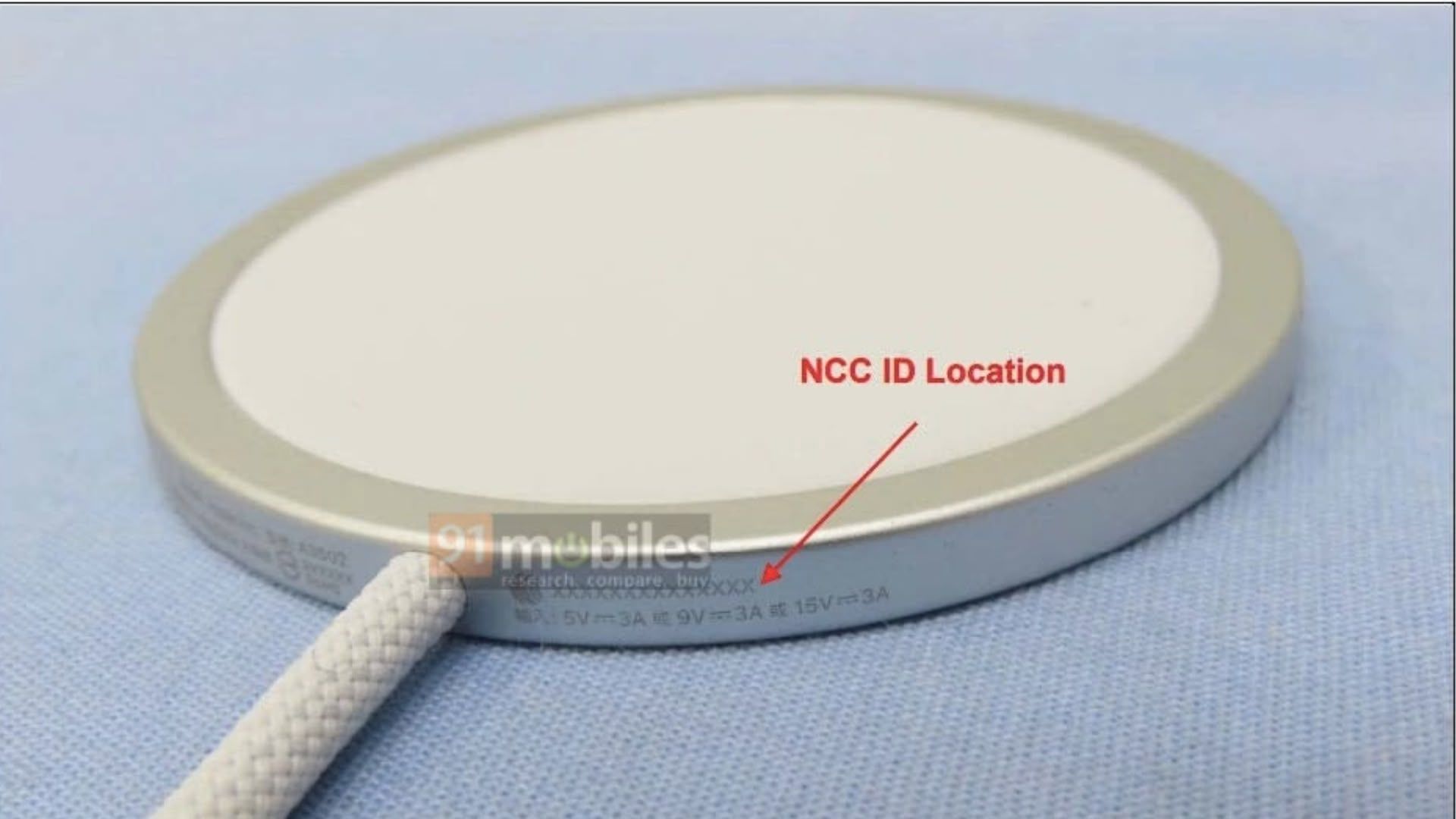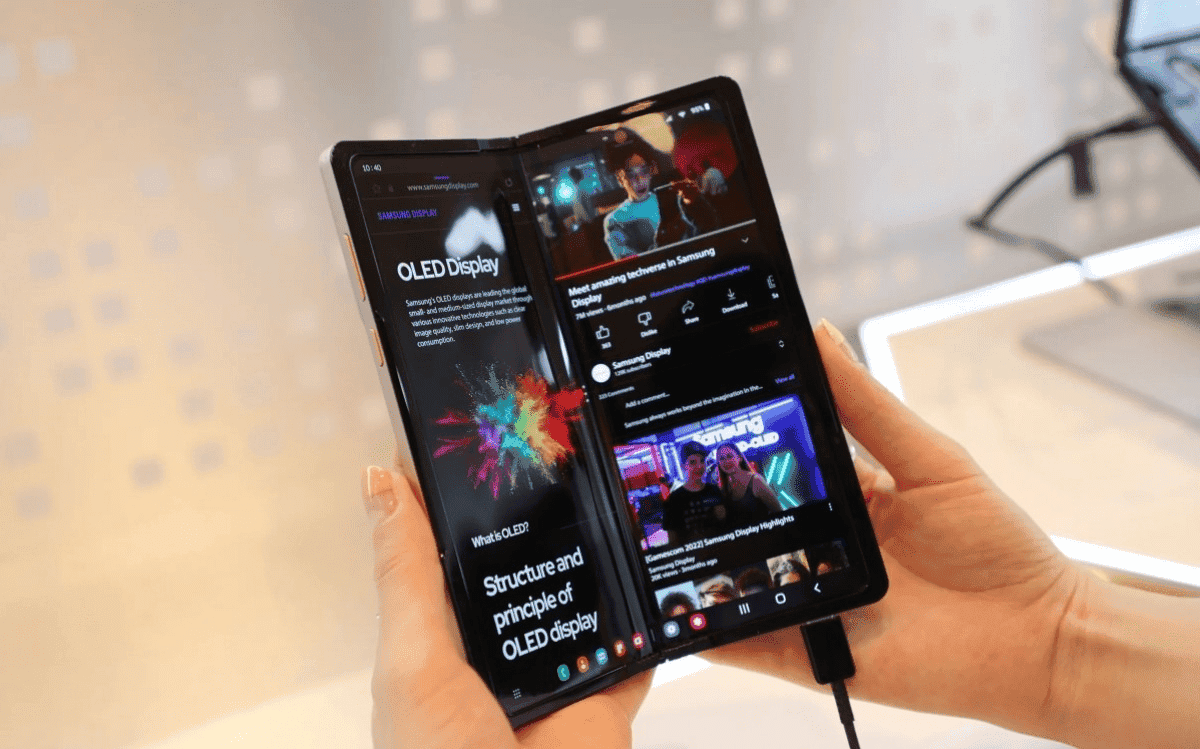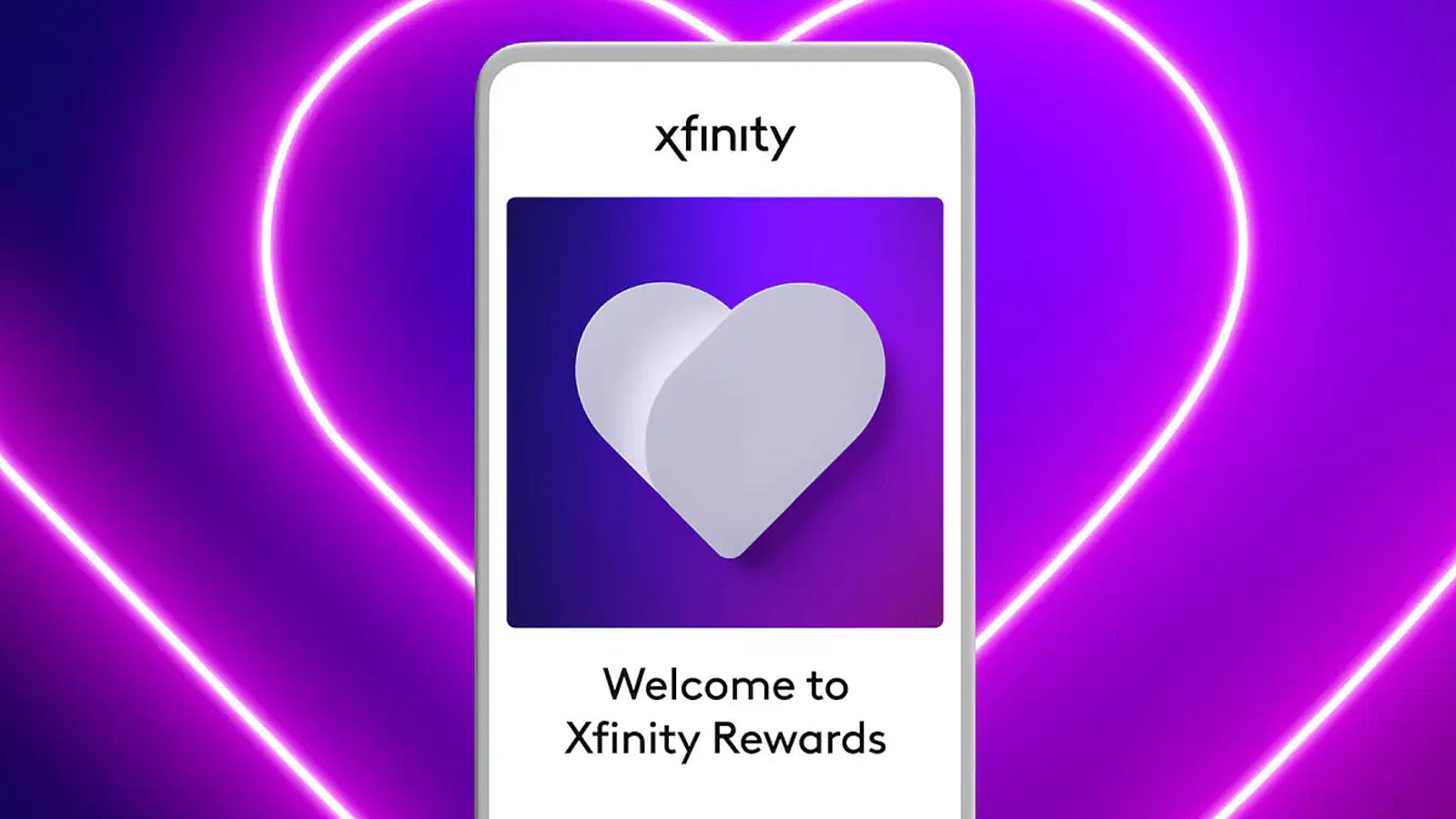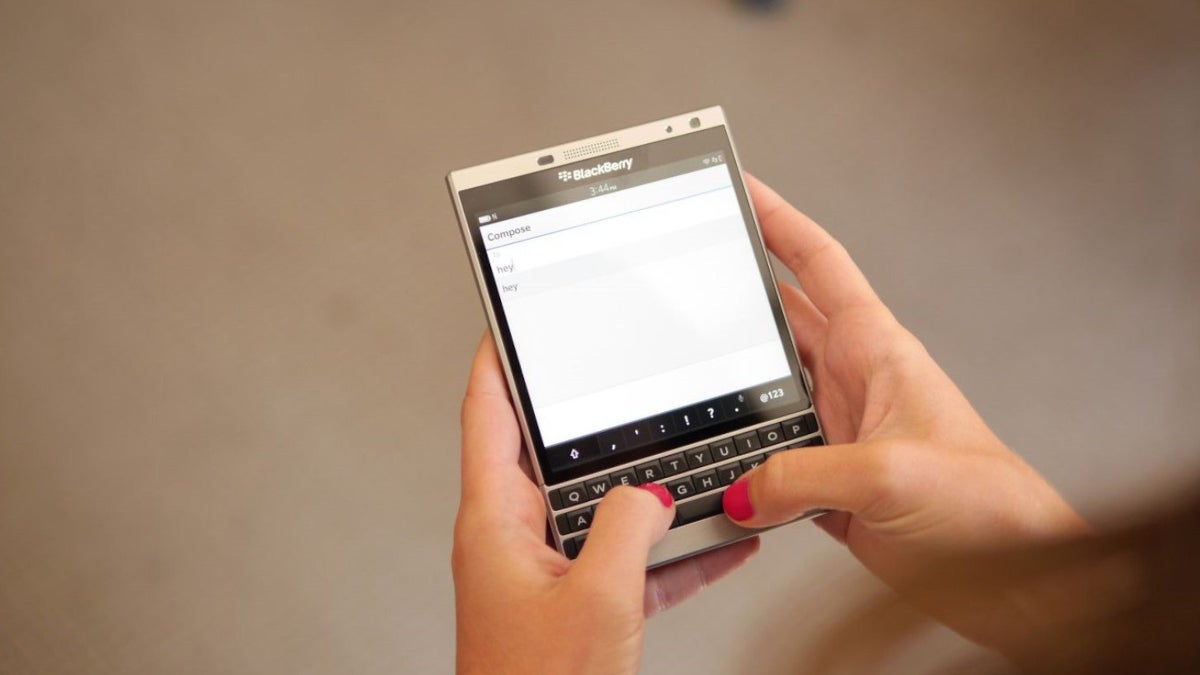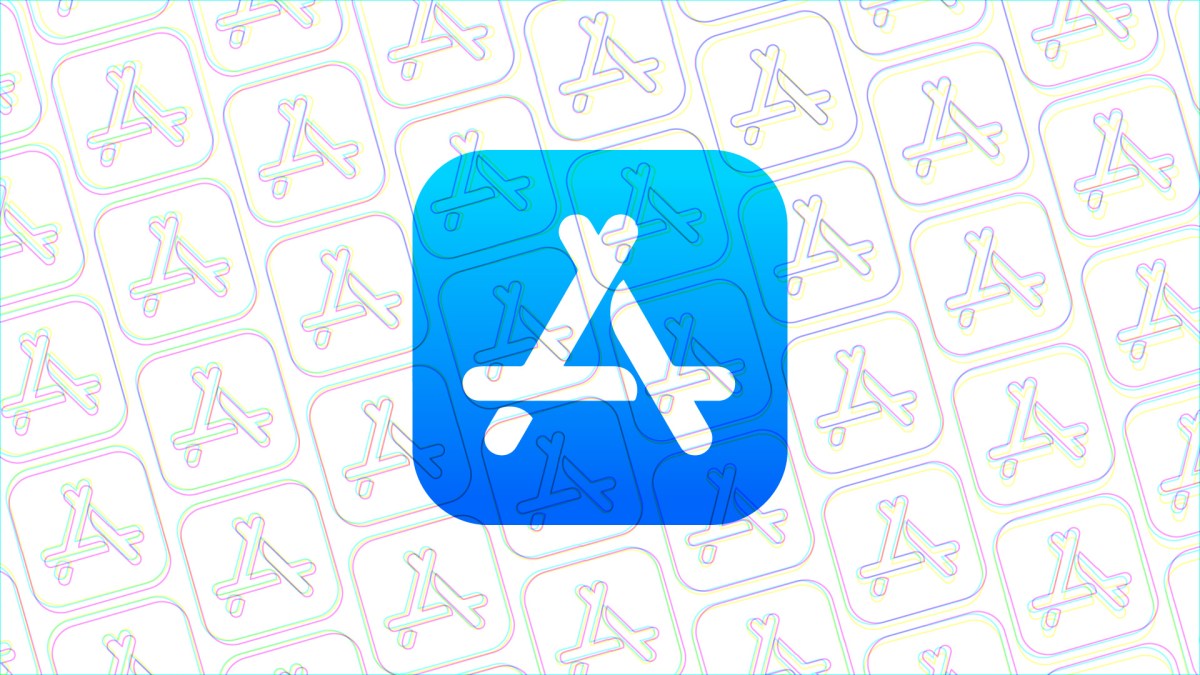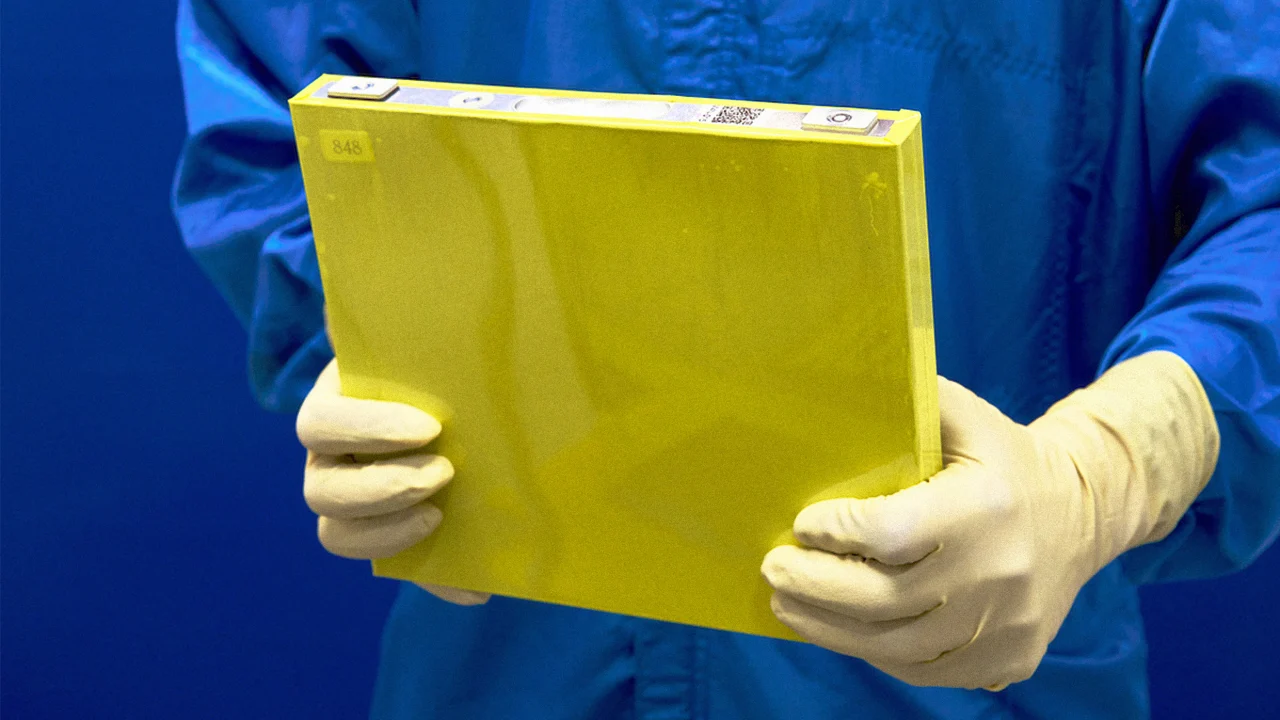With its Samsung deal, Perplexity could be headed to the big leagues
Three years after its launch, Perplexity is still struggling to break through. A major hardware deal could change that. On Sunday, Bloomberg reported that Samsung is in talks to integrate Perplexity’s search technology into its devices. The deal would not only preload the Perplexity app onto Samsung phones, but also embed its search features directly into Samsung’s web browser and virtual assistant, Bixby. Back in 2023, Perplexity looked like a frontrunner in AI search—beating OpenAI and Google to the punch in crawling the live web. But the tech giants have since caught up, with ChatGPT and Gemini now offering similar capabilities. Could a high-profile partnership with Samsung be the boost Perplexity needs to reclaim its edge? Can Perplexity find a home? In its current form, Perplexity exists in a functional silo. The “answer engine” is primarily accessed through its stand-alone website or app, with no natural integration into users’ daily workflows. In other words, people have to seek it out. Now that its web-crawling technology is being replicated across competing chatbots, some users may no longer see a reason to choose Perplexity on its own. Its main value proposition under the Pro subscription is access to other companies’ LLMs, like GPT-4o and Claude 3.5. (Perplexity declined to comment for this story.) Integrating a chatbot into the user’s workflow is key to driving engagement. Google has embedded Gemini across nearly all of its products, from search to email. As a result, the Gemini app now boasts 400 million-plus monthly active users. Meta has taken an even more aggressive approach, integrating its AI into social apps and placing Meta AI above search. According to CEO Mark Zuckerberg, Meta AI now has more than 1 billion monthly active users. Other AI companies are embedding their models more subtly. While Apple’s Siri can now access ChatGPT, OpenAI’s greatest reach comes from LLM licensing. Users don’t just interact with GPT through ChatGPT, they’re engaging with it across dozens of third-party apps built on its technology. The same is true for Anthropic, which also licenses its models. Perplexity, by contrast, has limited back-end integrations via its API, and for the average user, encounters with its tech are still rare. That’s why a deal with Samsung would be a major step forward. A hardware integration would give Perplexity a critical new point of access. Meanwhile, Samsung has invested heavily in its Galaxy AI suite. Gemini is currently the default AI assistant for Samsung’s 1 billion-plus smartphone users—raising questions of whether Perplexity will displace or work alongside Google’s chatbot. (Samsung did not respond to Fast Company’s request for comment.) Perplexity’s position in the AI race Perplexity is still growing. While the company doesn’t disclose revenue or user numbers, it claims users now generate more than 650 million queries per month—up from 400 million less than a year ago. Although some reports suggest that Perplexity’s growth has come at a high cost, the company disputes those figures. Still, Perplexity has a lot to prove. It reached unicorn status in 2024 after raising $62.7 million at a $1.04 billion valuation. That valuation has reportedly ballooned to $14 billion in its current fundraising round. Meanwhile, the company is said to be generating less than $100 million in annual recurring revenue, according to CNBC. To stay competitive against imitators, Perplexity needs a more direct path to users. A deal with Samsung could provide exactly that.
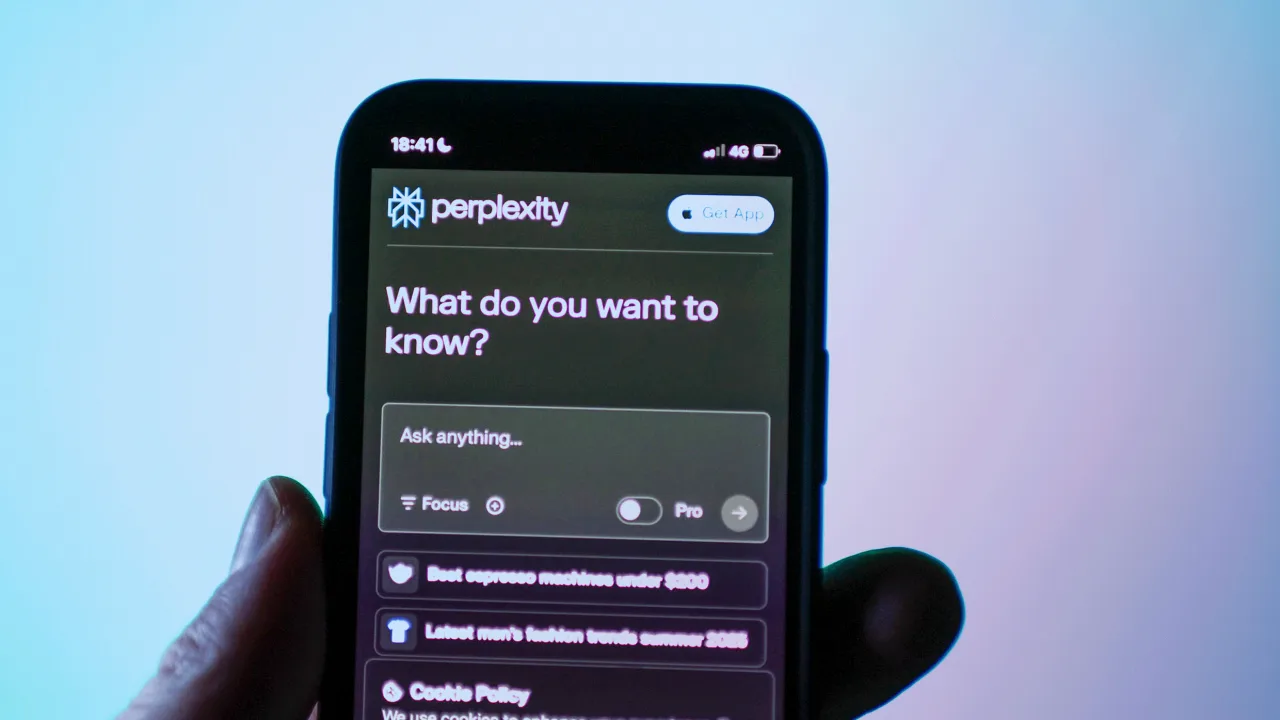
Three years after its launch, Perplexity is still struggling to break through. A major hardware deal could change that.
On Sunday, Bloomberg reported that Samsung is in talks to integrate Perplexity’s search technology into its devices. The deal would not only preload the Perplexity app onto Samsung phones, but also embed its search features directly into Samsung’s web browser and virtual assistant, Bixby.
Back in 2023, Perplexity looked like a frontrunner in AI search—beating OpenAI and Google to the punch in crawling the live web. But the tech giants have since caught up, with ChatGPT and Gemini now offering similar capabilities. Could a high-profile partnership with Samsung be the boost Perplexity needs to reclaim its edge?
Can Perplexity find a home?
In its current form, Perplexity exists in a functional silo. The “answer engine” is primarily accessed through its stand-alone website or app, with no natural integration into users’ daily workflows. In other words, people have to seek it out. Now that its web-crawling technology is being replicated across competing chatbots, some users may no longer see a reason to choose Perplexity on its own. Its main value proposition under the Pro subscription is access to other companies’ LLMs, like GPT-4o and Claude 3.5. (Perplexity declined to comment for this story.)
Integrating a chatbot into the user’s workflow is key to driving engagement. Google has embedded Gemini across nearly all of its products, from search to email. As a result, the Gemini app now boasts 400 million-plus monthly active users. Meta has taken an even more aggressive approach, integrating its AI into social apps and placing Meta AI above search. According to CEO Mark Zuckerberg, Meta AI now has more than 1 billion monthly active users.
Other AI companies are embedding their models more subtly. While Apple’s Siri can now access ChatGPT, OpenAI’s greatest reach comes from LLM licensing. Users don’t just interact with GPT through ChatGPT, they’re engaging with it across dozens of third-party apps built on its technology. The same is true for Anthropic, which also licenses its models.
Perplexity, by contrast, has limited back-end integrations via its API, and for the average user, encounters with its tech are still rare. That’s why a deal with Samsung would be a major step forward. A hardware integration would give Perplexity a critical new point of access.
Meanwhile, Samsung has invested heavily in its Galaxy AI suite. Gemini is currently the default AI assistant for Samsung’s 1 billion-plus smartphone users—raising questions of whether Perplexity will displace or work alongside Google’s chatbot. (Samsung did not respond to Fast Company’s request for comment.)
Perplexity’s position in the AI race
Perplexity is still growing. While the company doesn’t disclose revenue or user numbers, it claims users now generate more than 650 million queries per month—up from 400 million less than a year ago. Although some reports suggest that Perplexity’s growth has come at a high cost, the company disputes those figures.
Still, Perplexity has a lot to prove. It reached unicorn status in 2024 after raising $62.7 million at a $1.04 billion valuation. That valuation has reportedly ballooned to $14 billion in its current fundraising round. Meanwhile, the company is said to be generating less than $100 million in annual recurring revenue, according to CNBC.
To stay competitive against imitators, Perplexity needs a more direct path to users. A deal with Samsung could provide exactly that.





























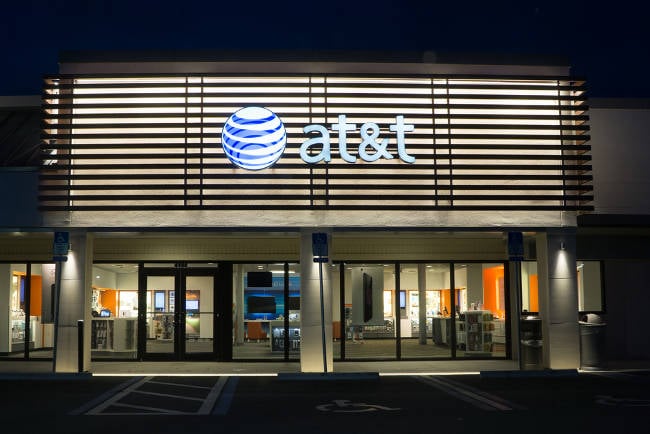





































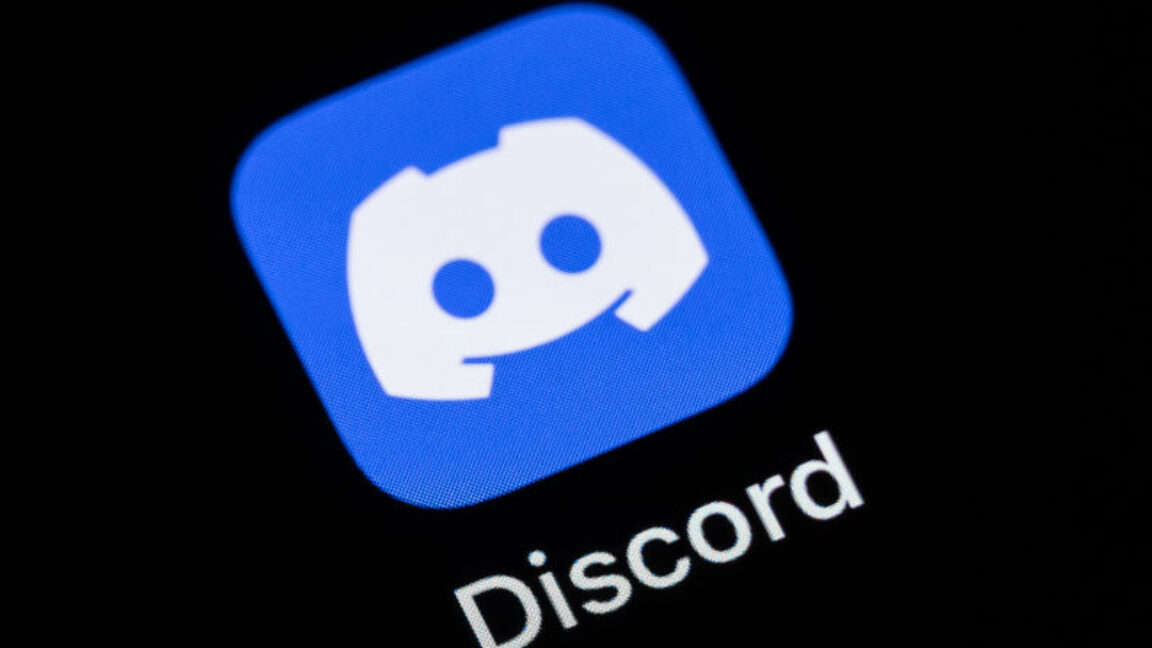

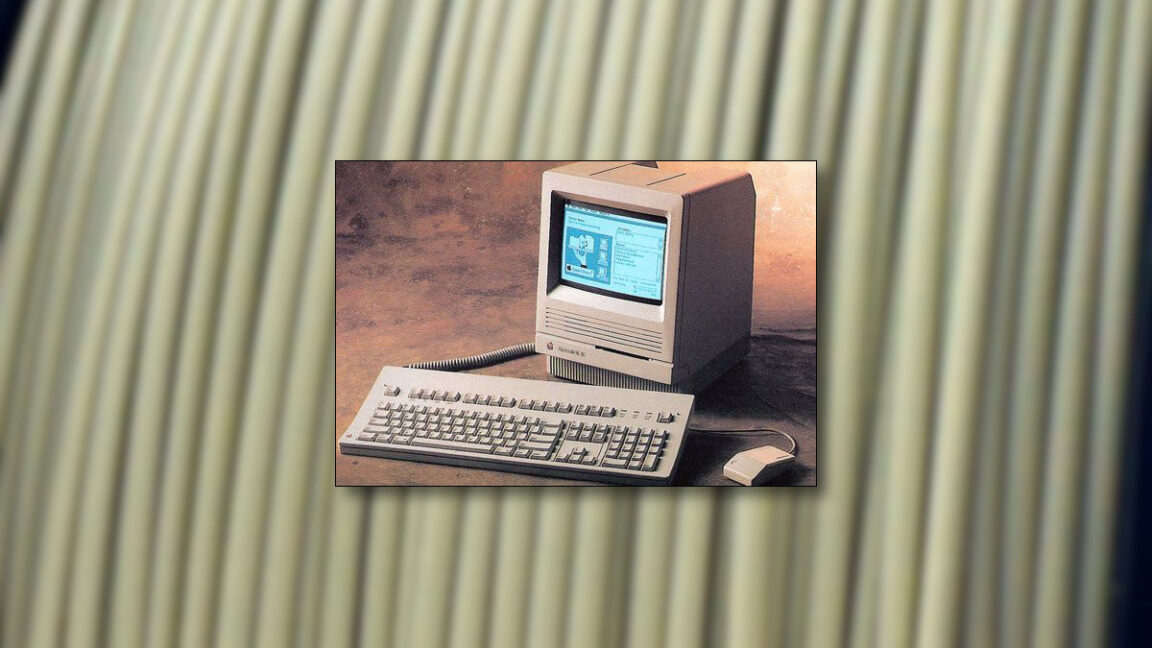








































































































![[The AI Show Episode 151]: Anthropic CEO: AI Will Destroy 50% of Entry-Level Jobs, Veo 3’s Scary Lifelike Videos, Meta Aims to Fully Automate Ads & Perplexity’s Burning Cash](https://www.marketingaiinstitute.com/hubfs/ep%20151%20cover.png)














































































































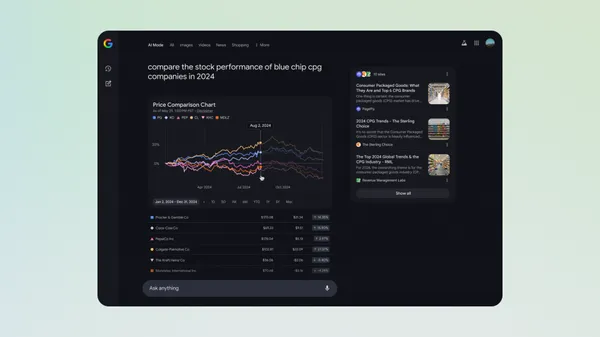










![[DEALS] FileJump 2TB Cloud Storage: Lifetime Subscription (85% off) & Other Deals Up To 98% Off – Offers End Soon!](https://www.javacodegeeks.com/wp-content/uploads/2012/12/jcg-logo.jpg)








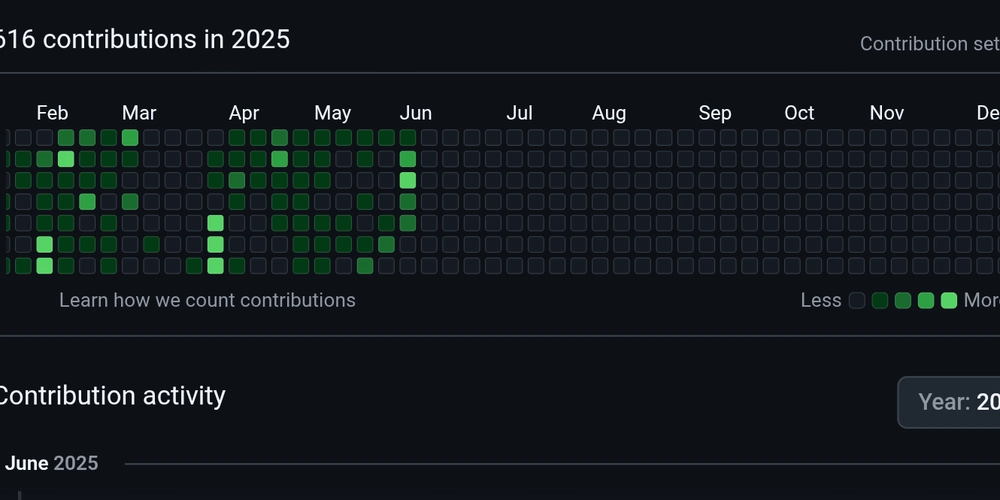







































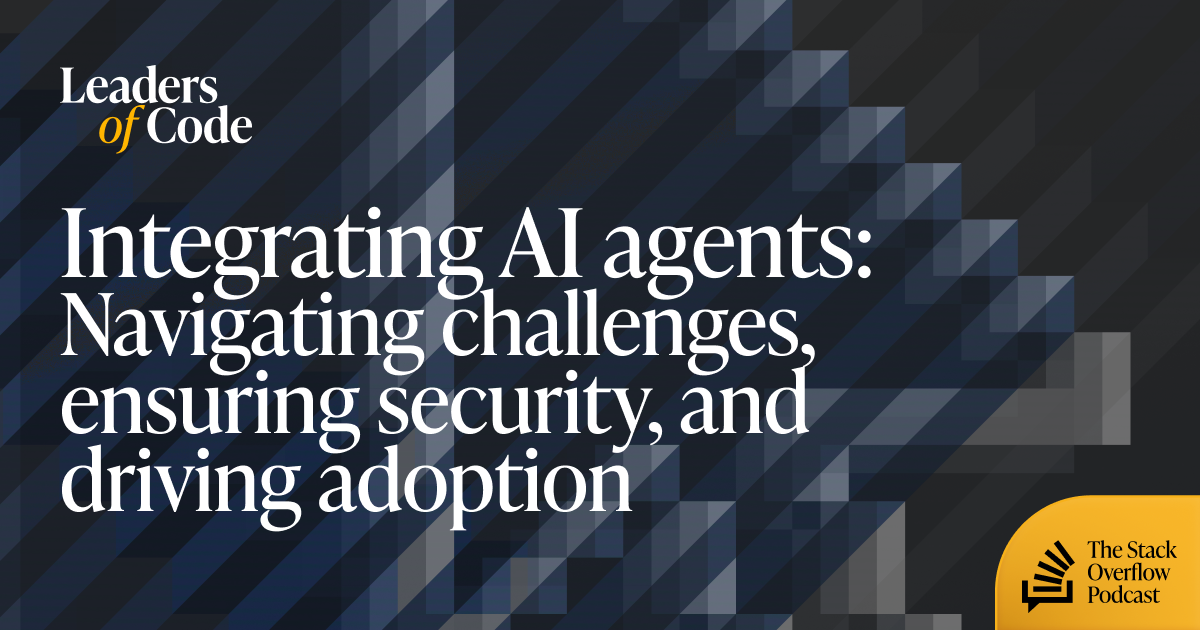






































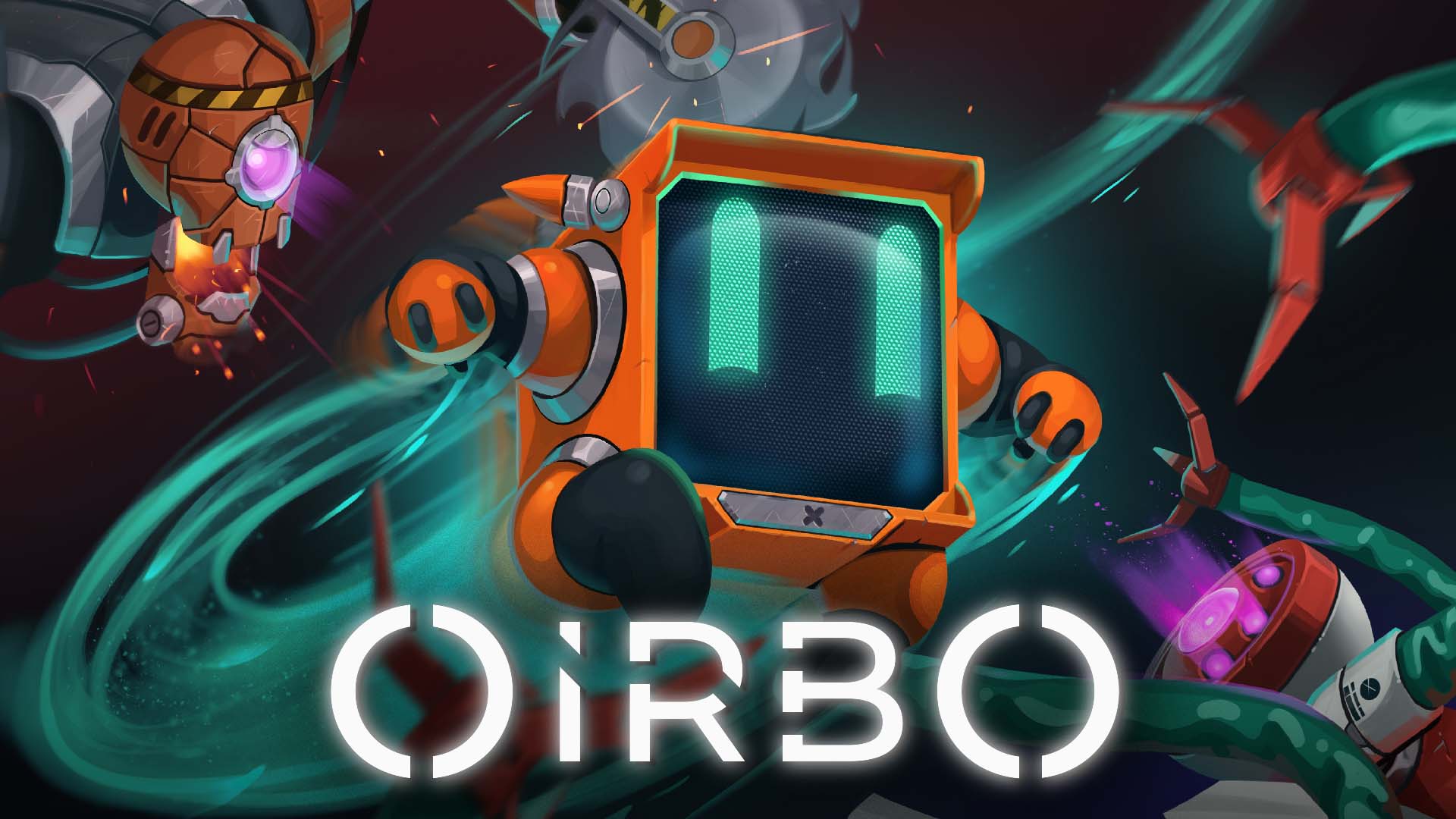
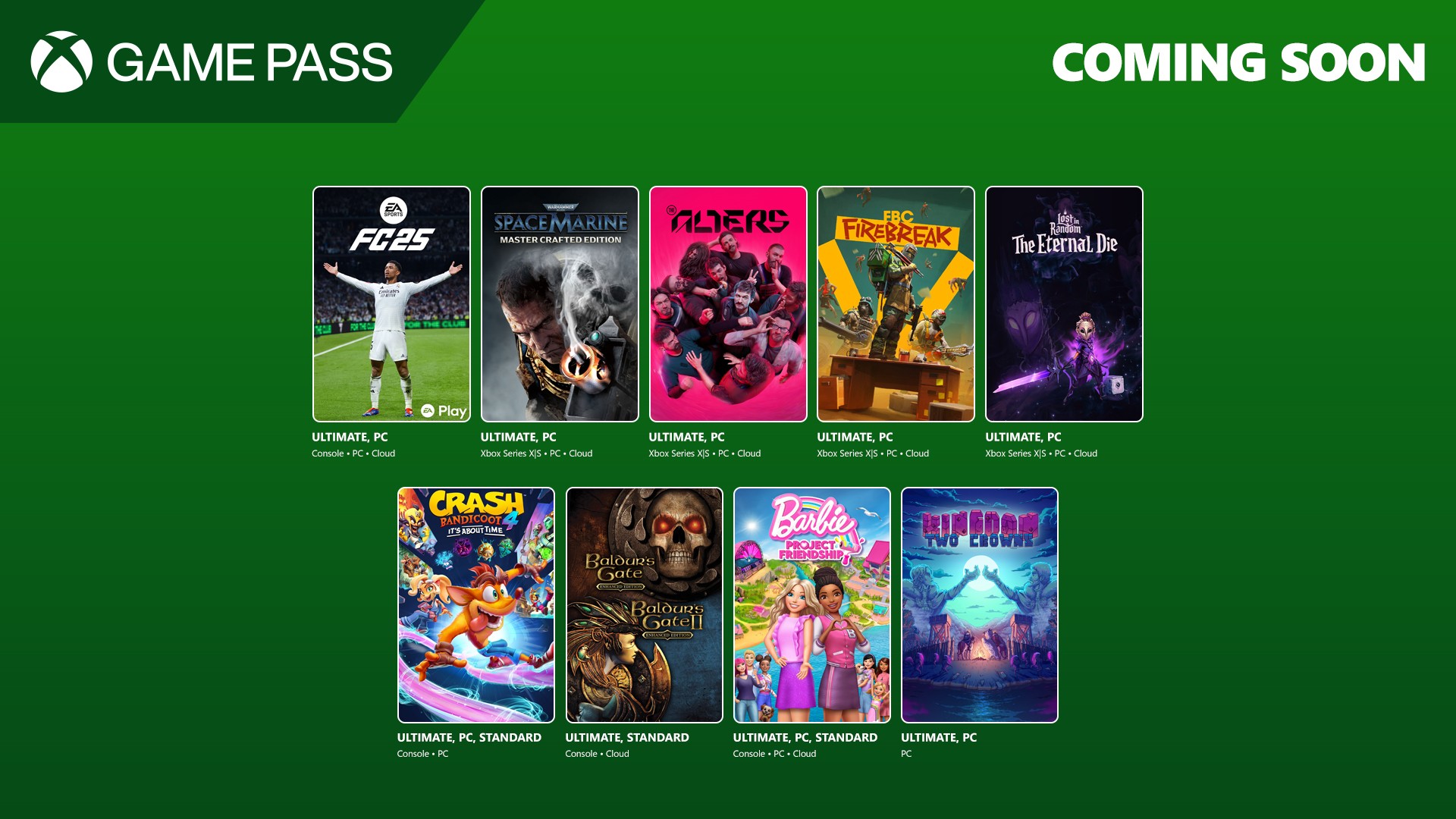
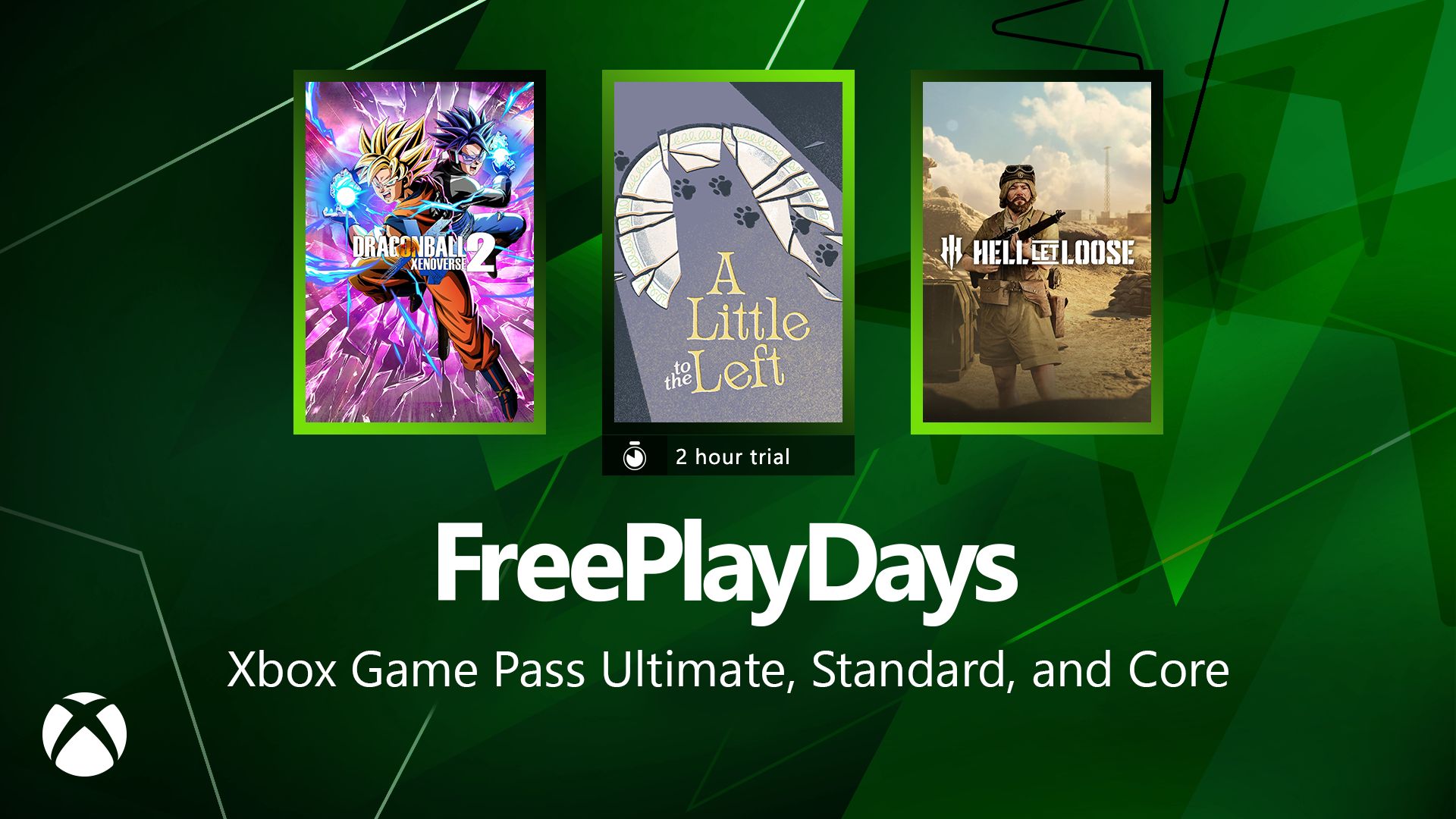




































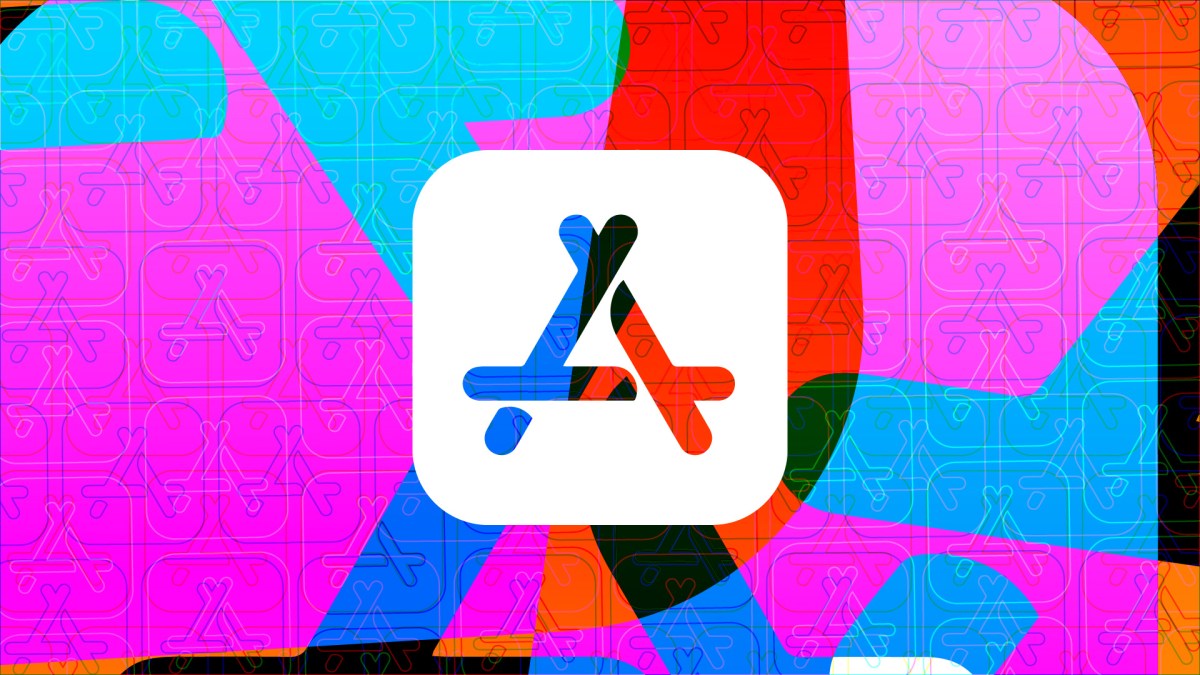


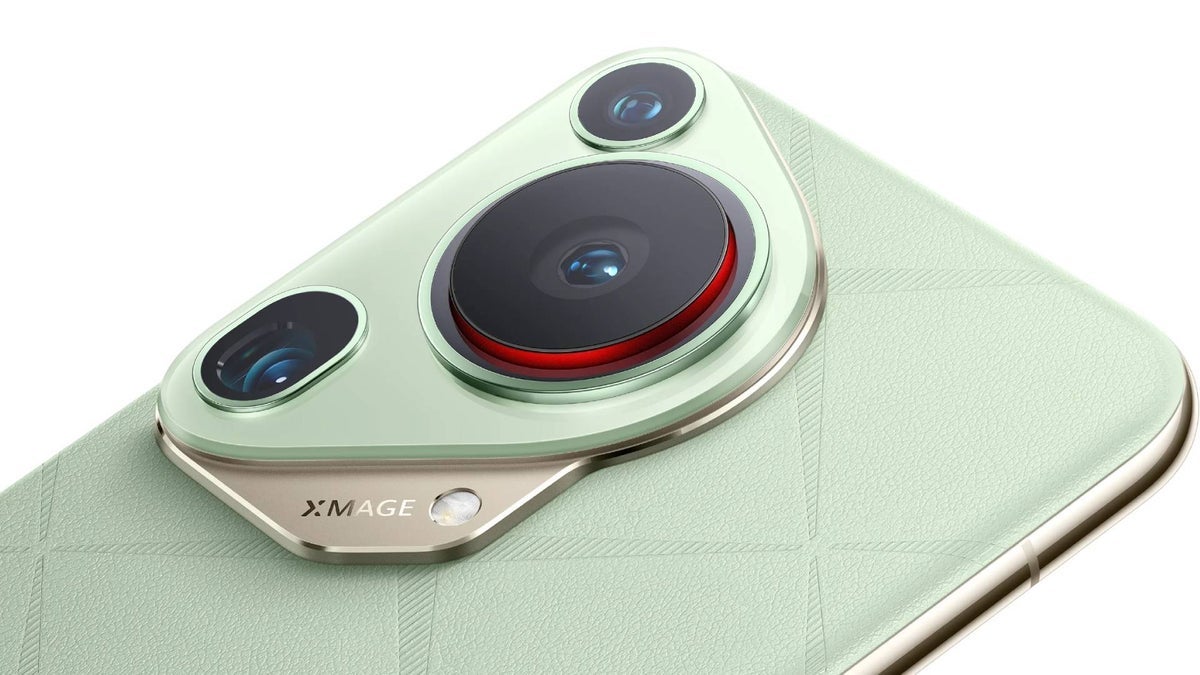









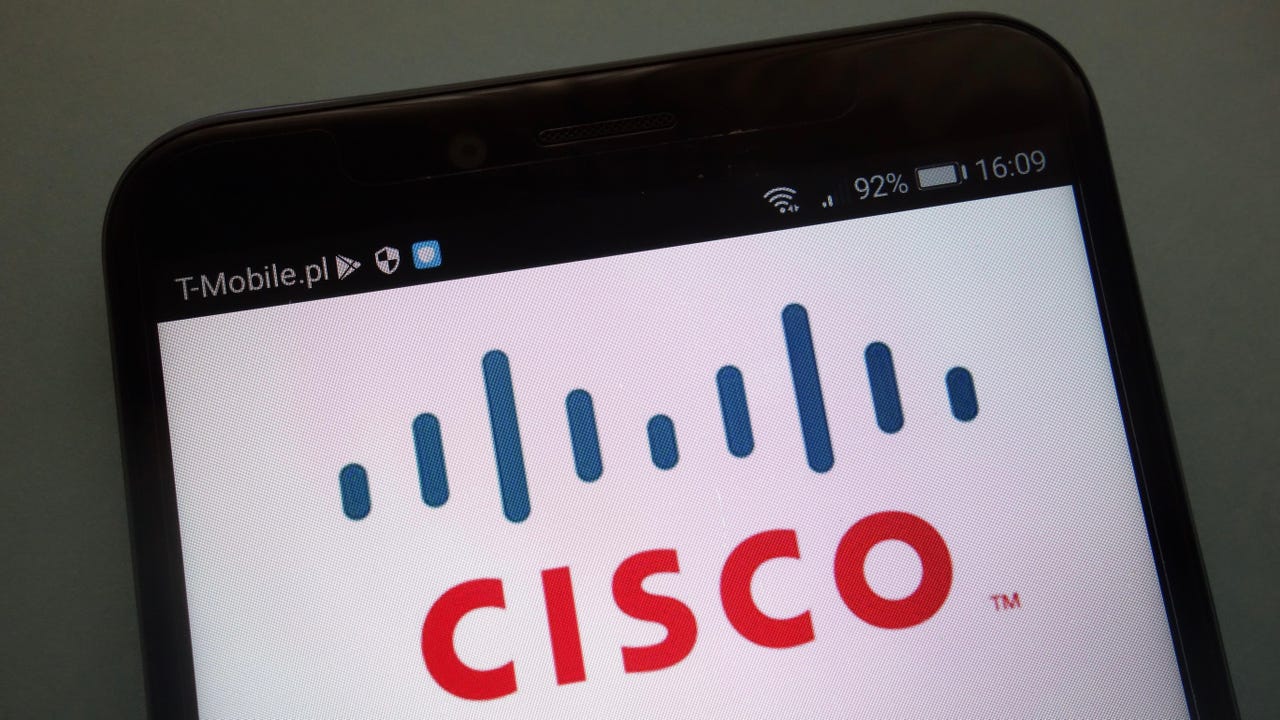

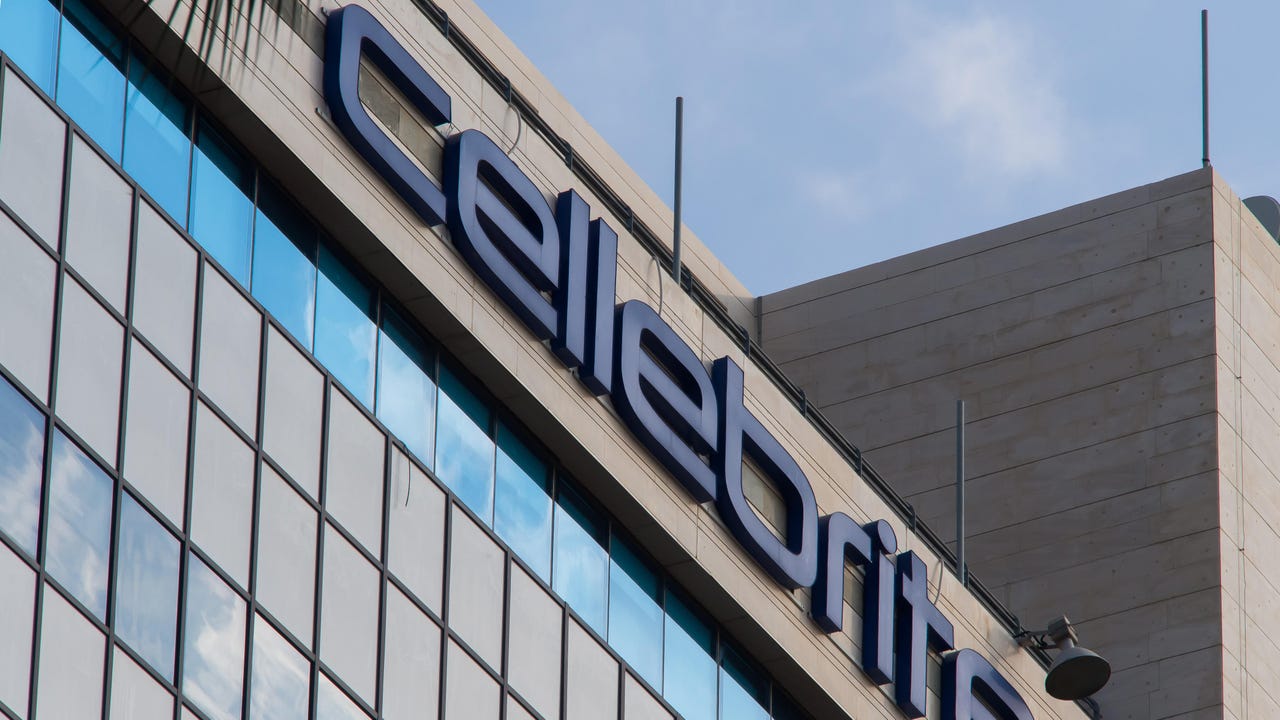
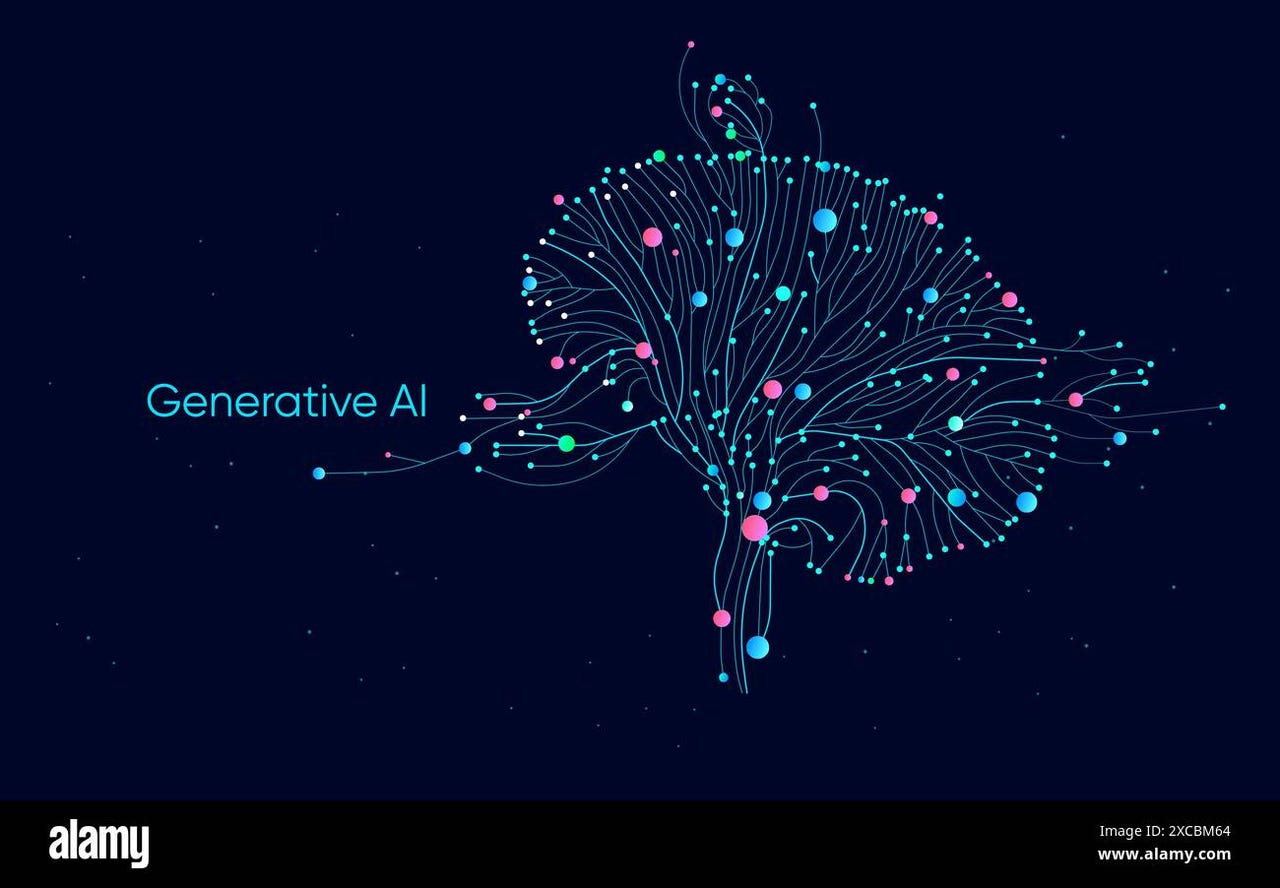







































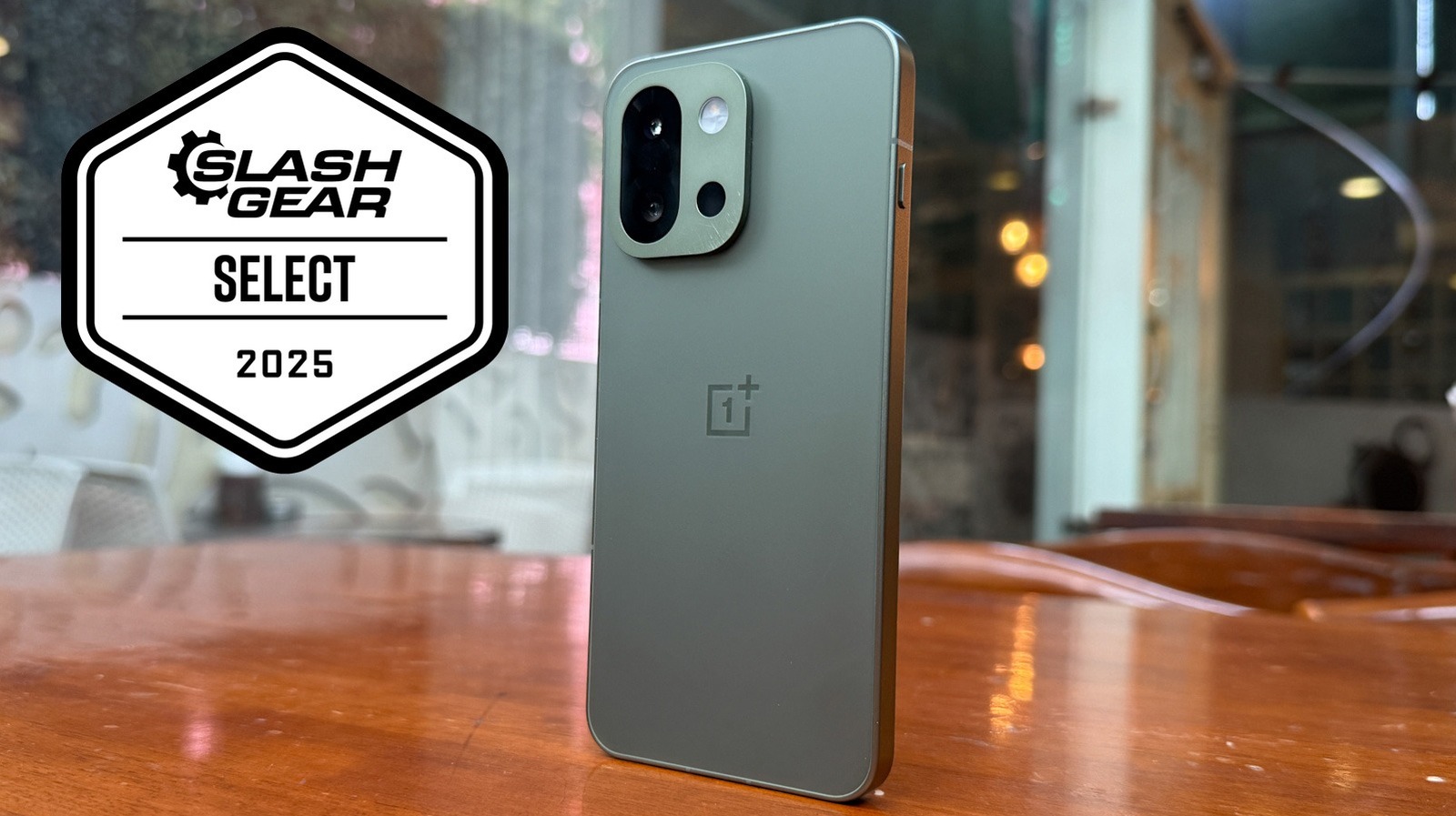












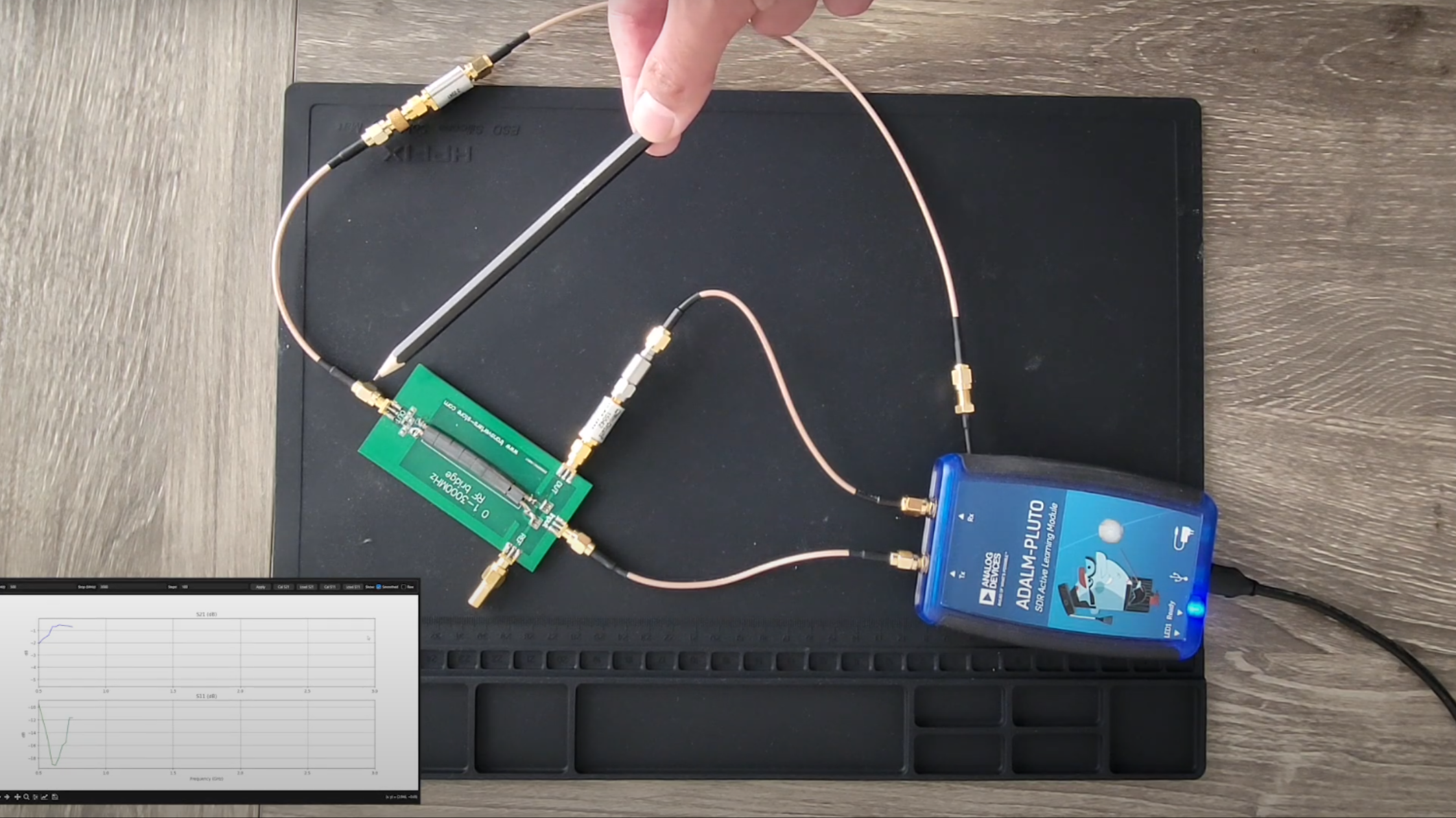
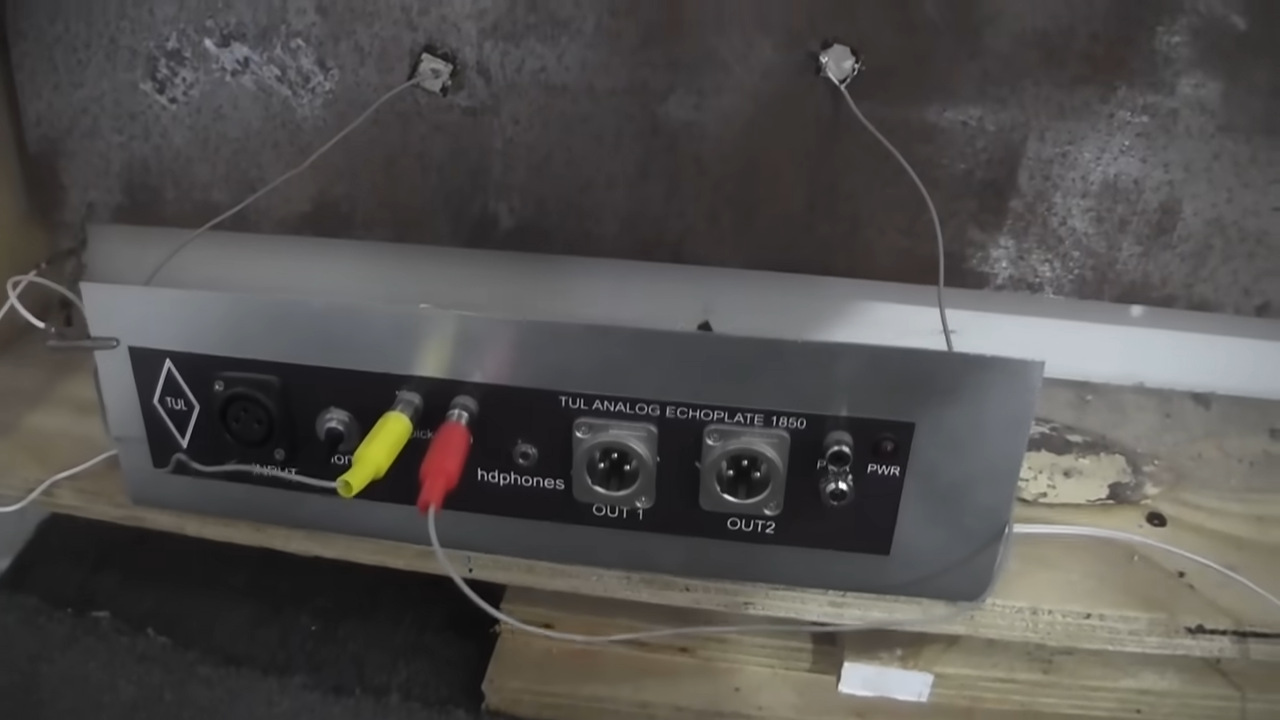
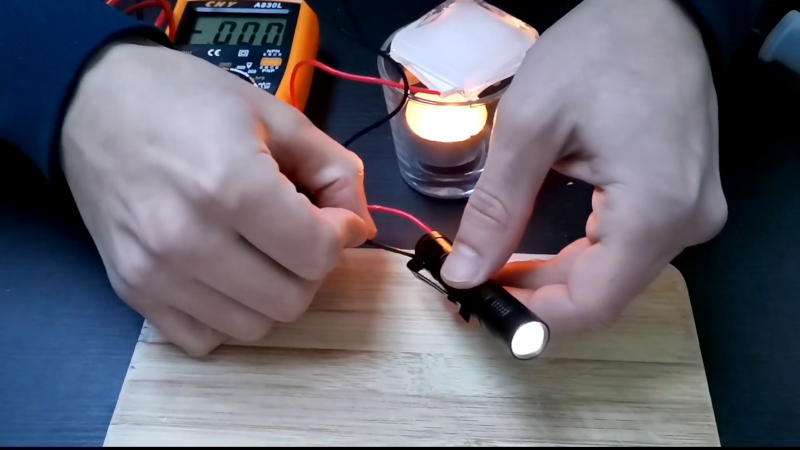
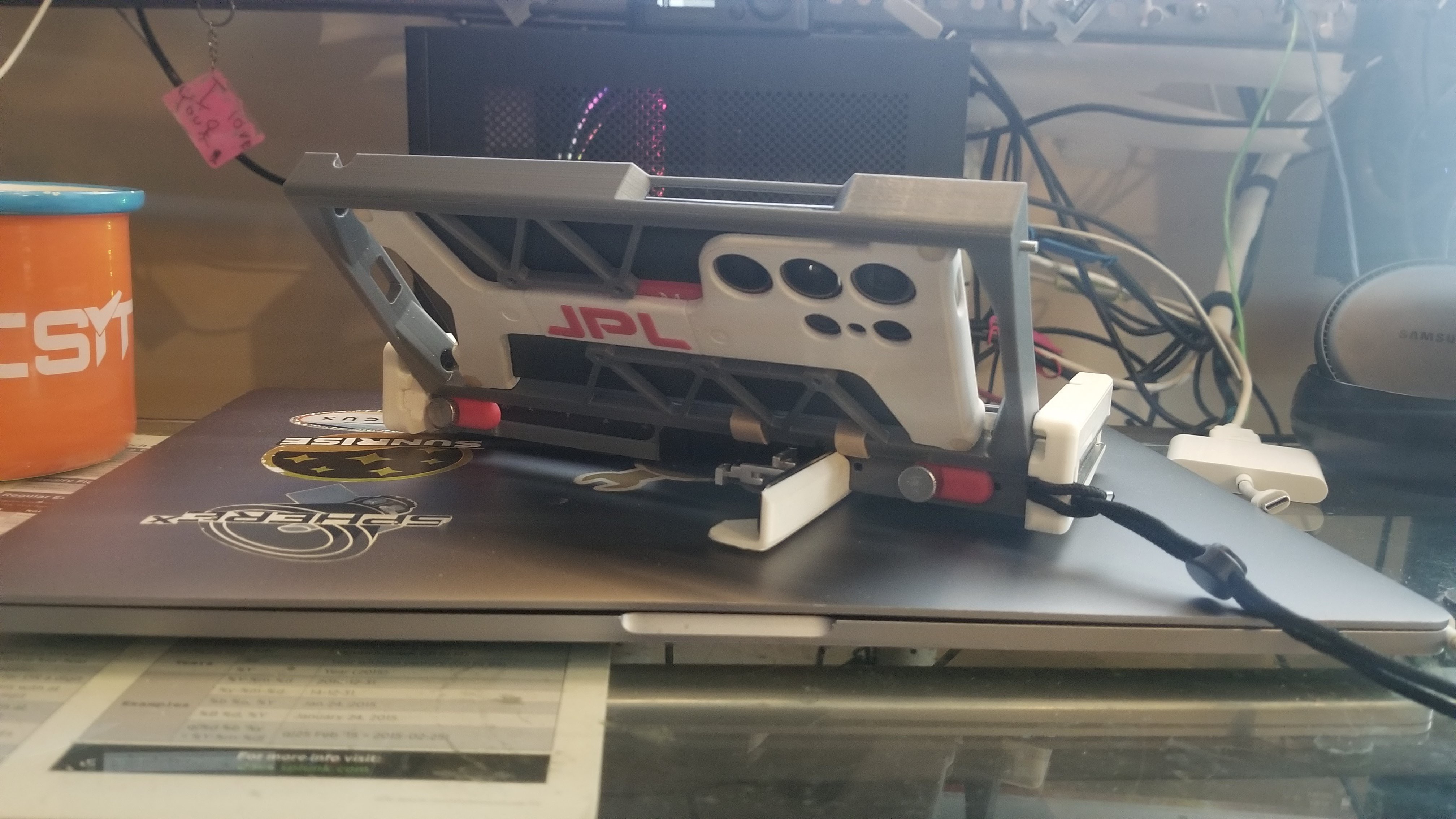






















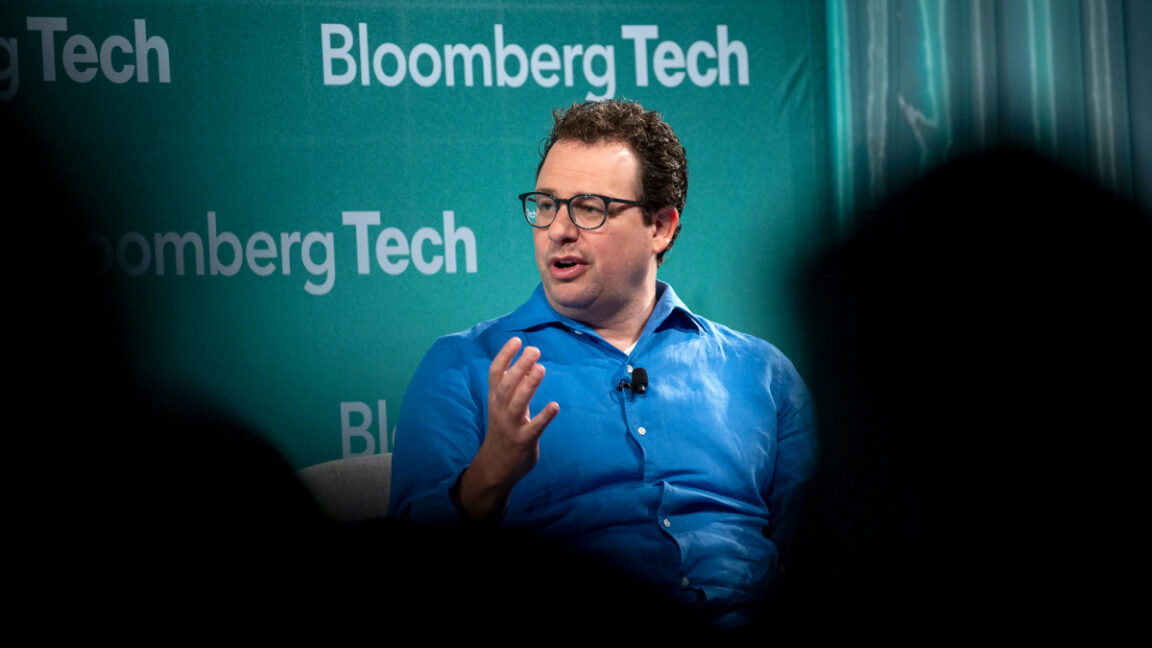

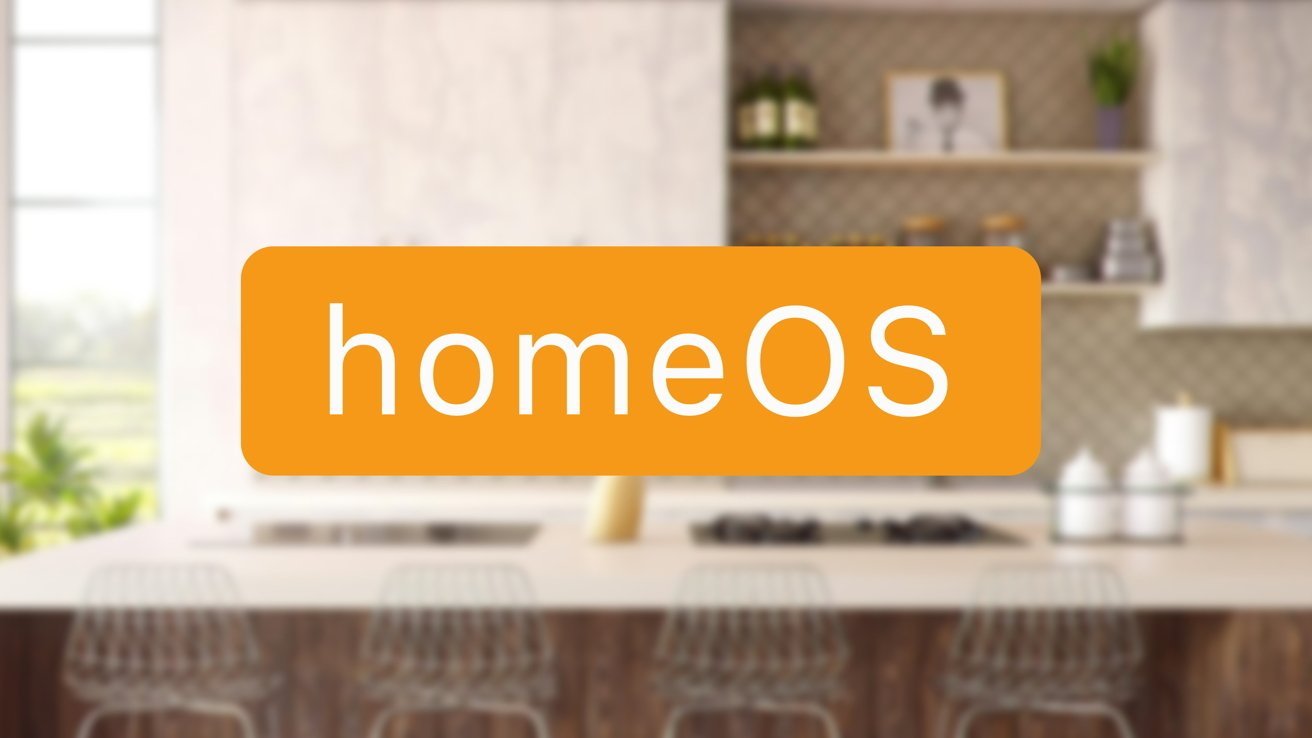
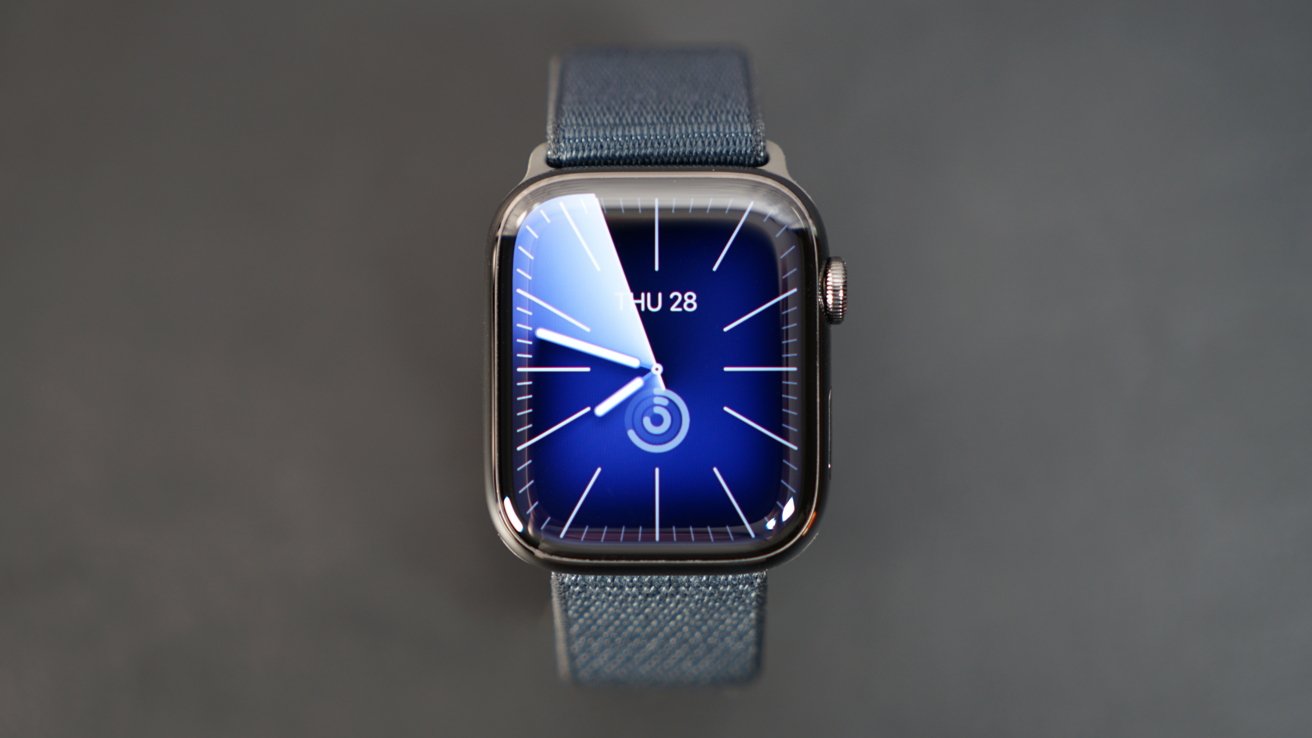
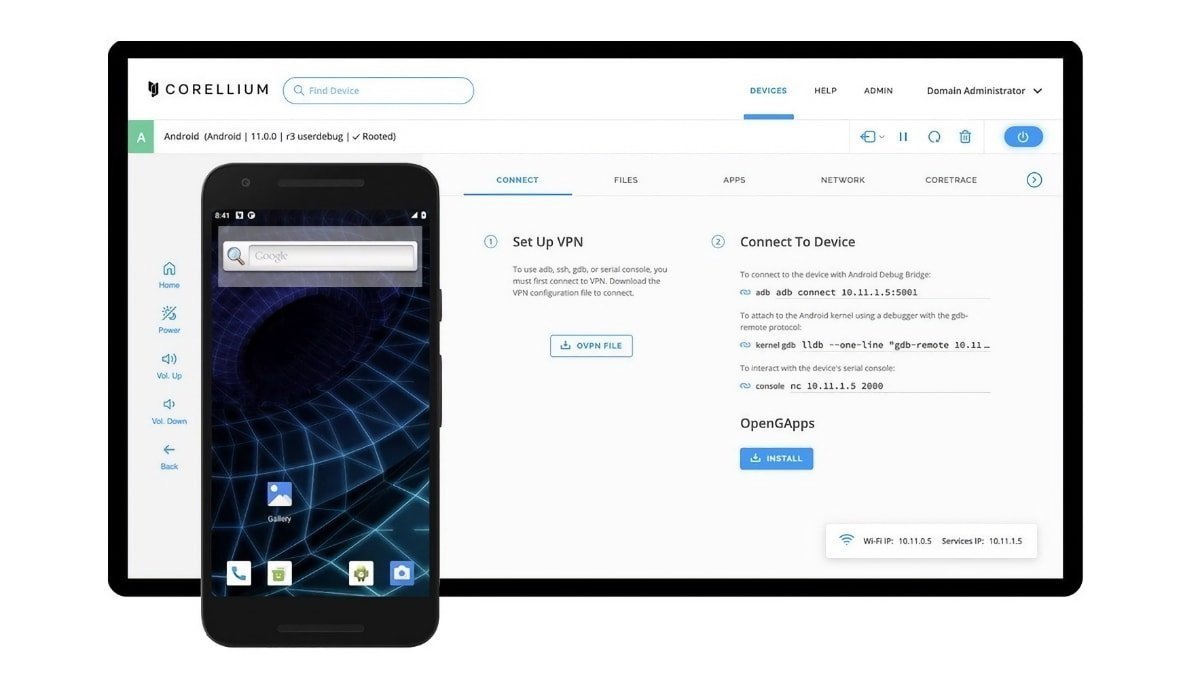
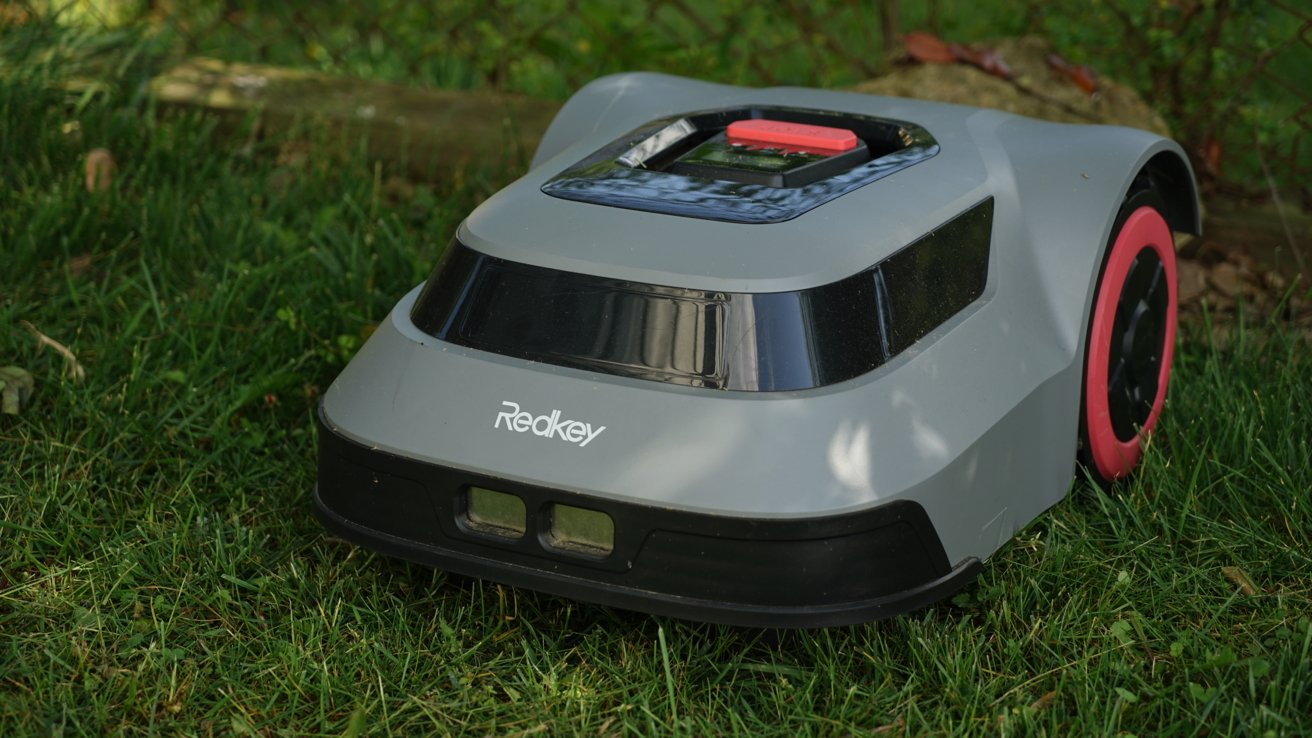
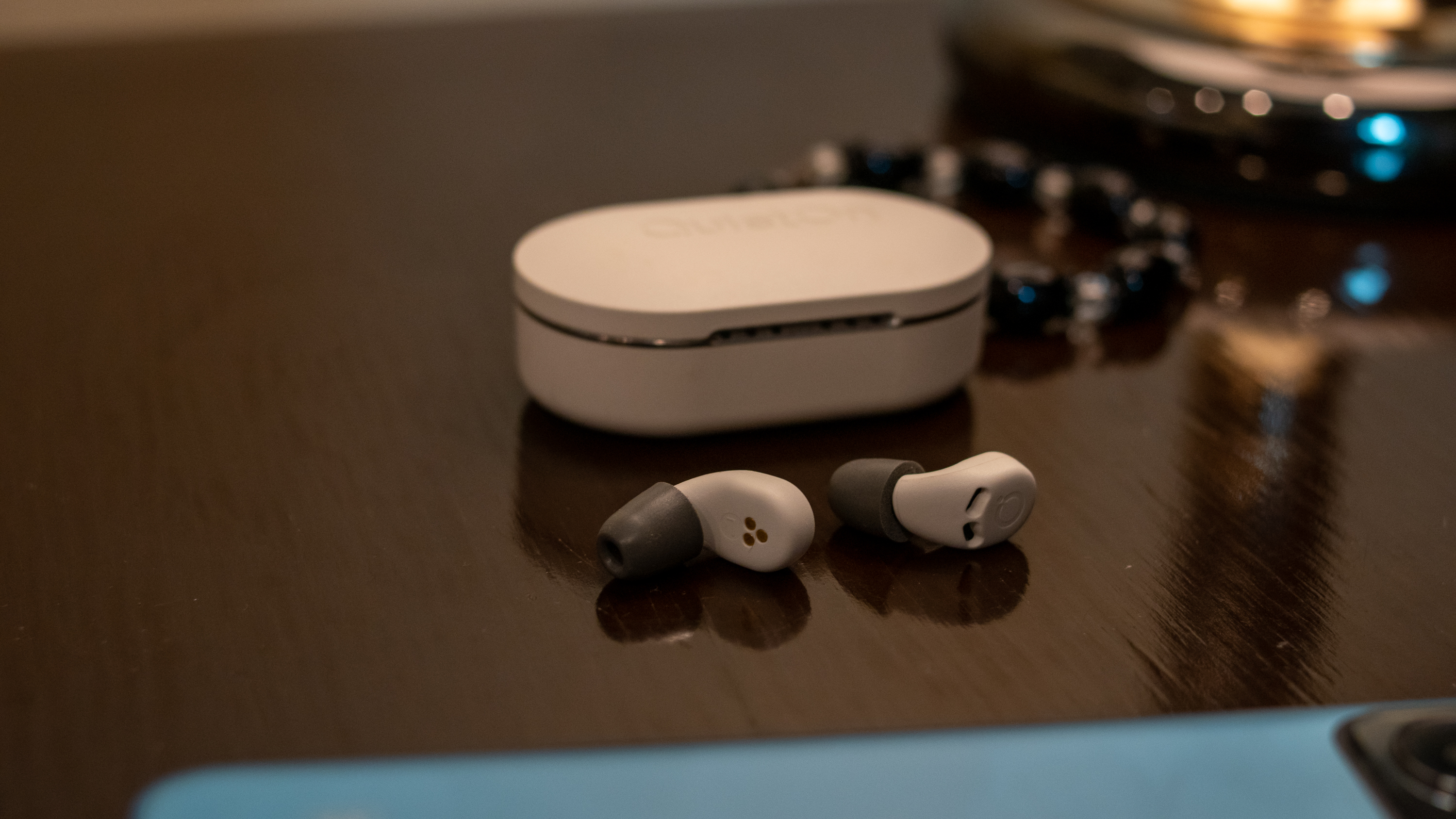
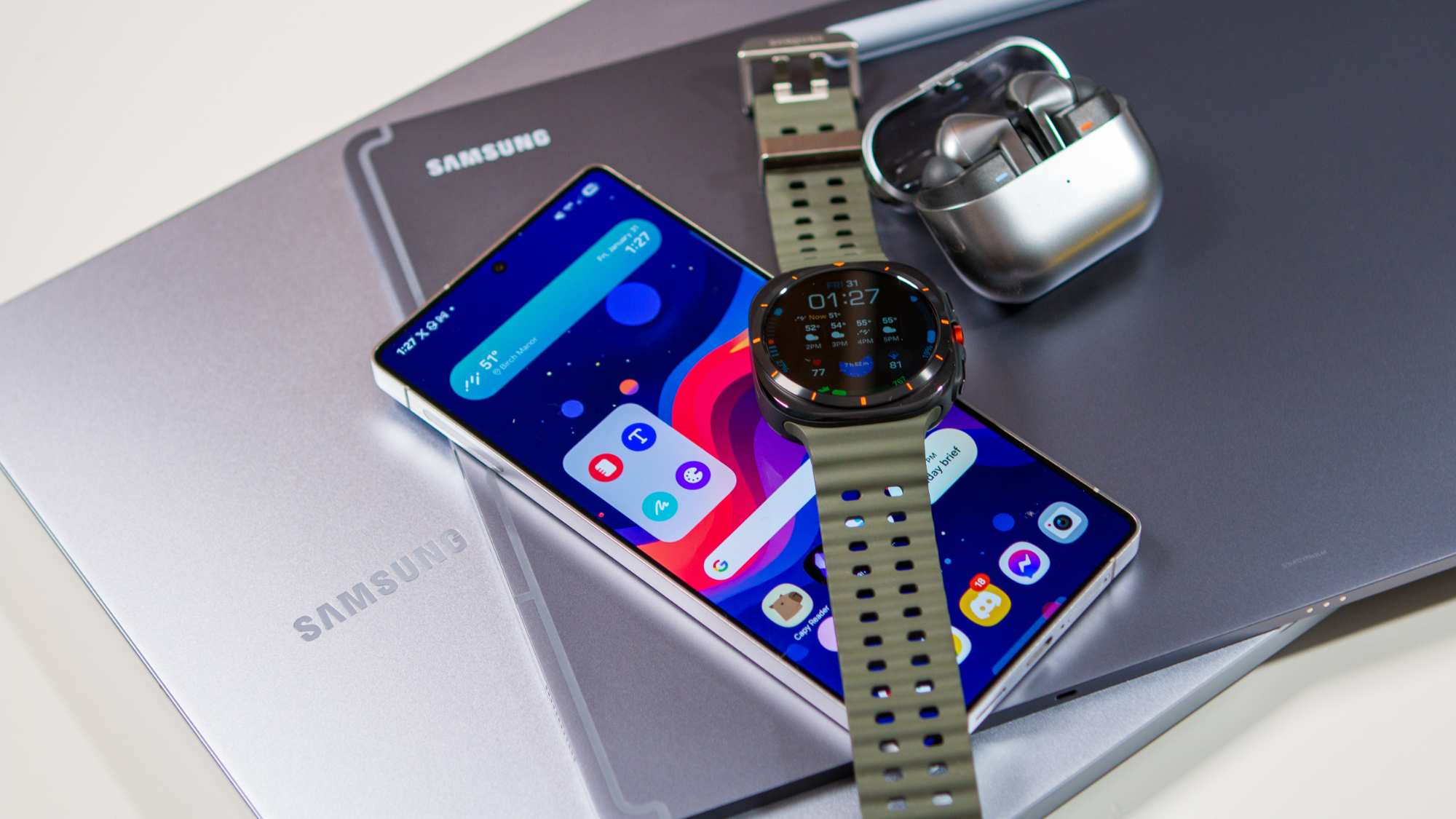
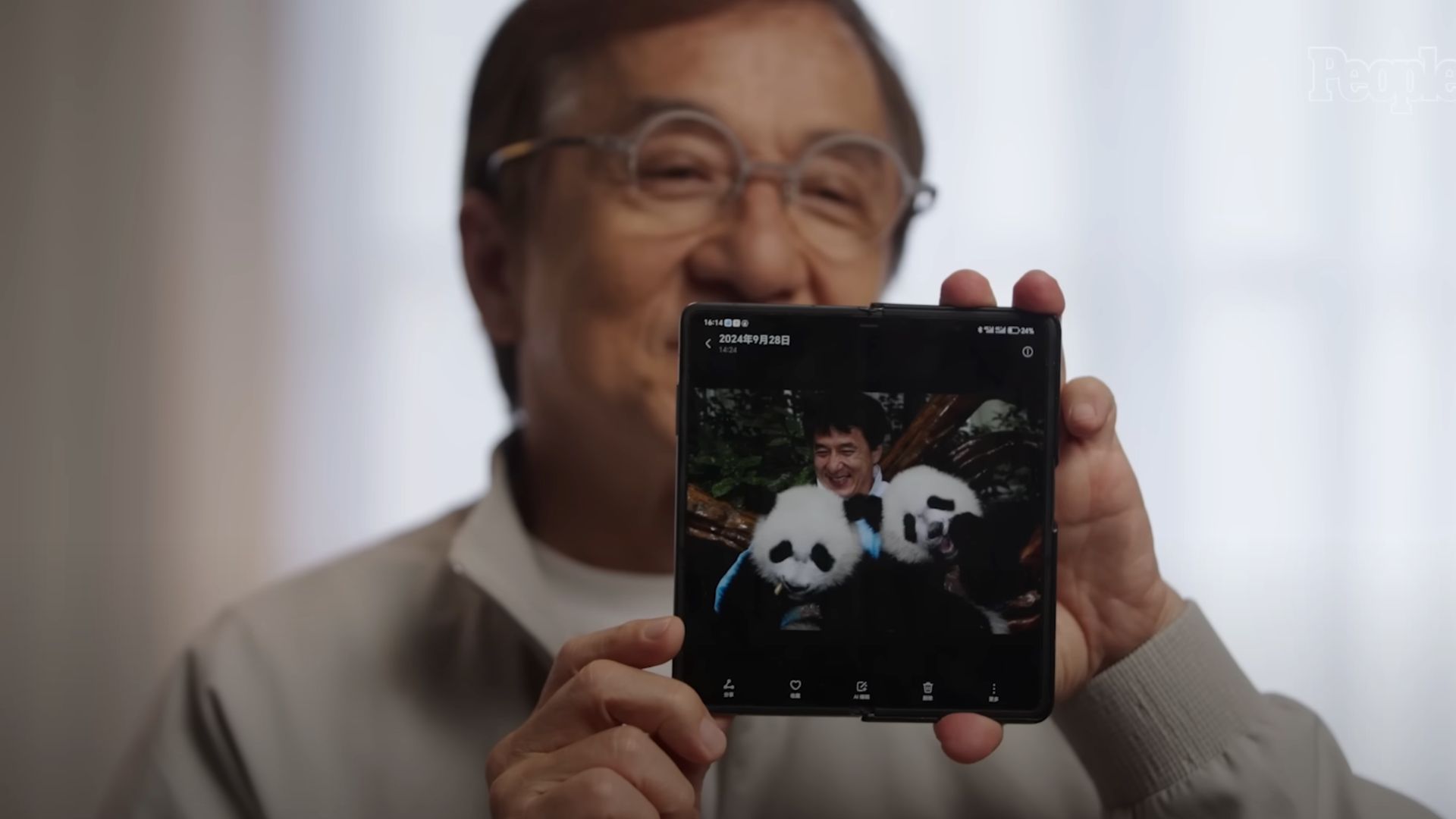
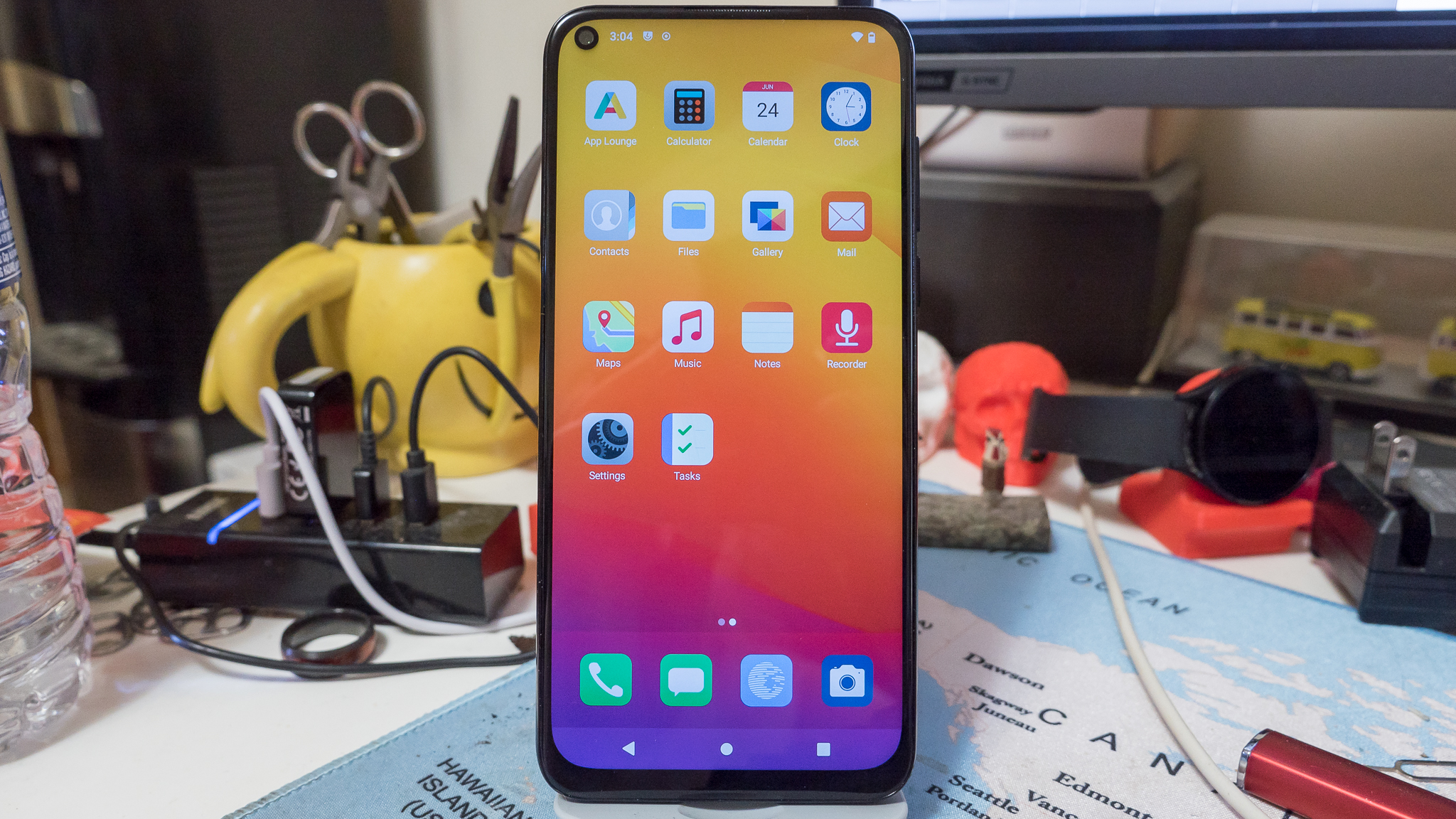

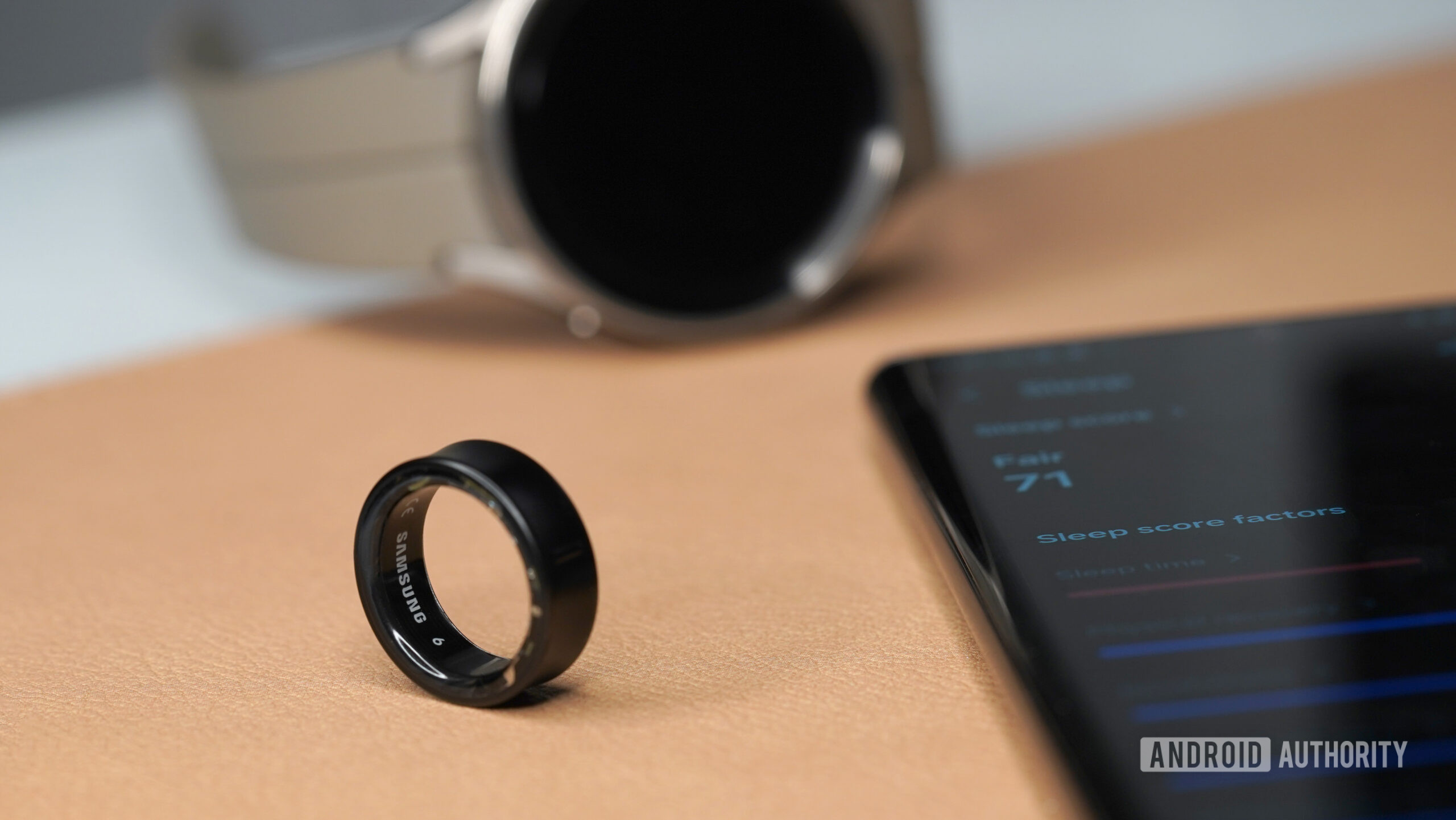
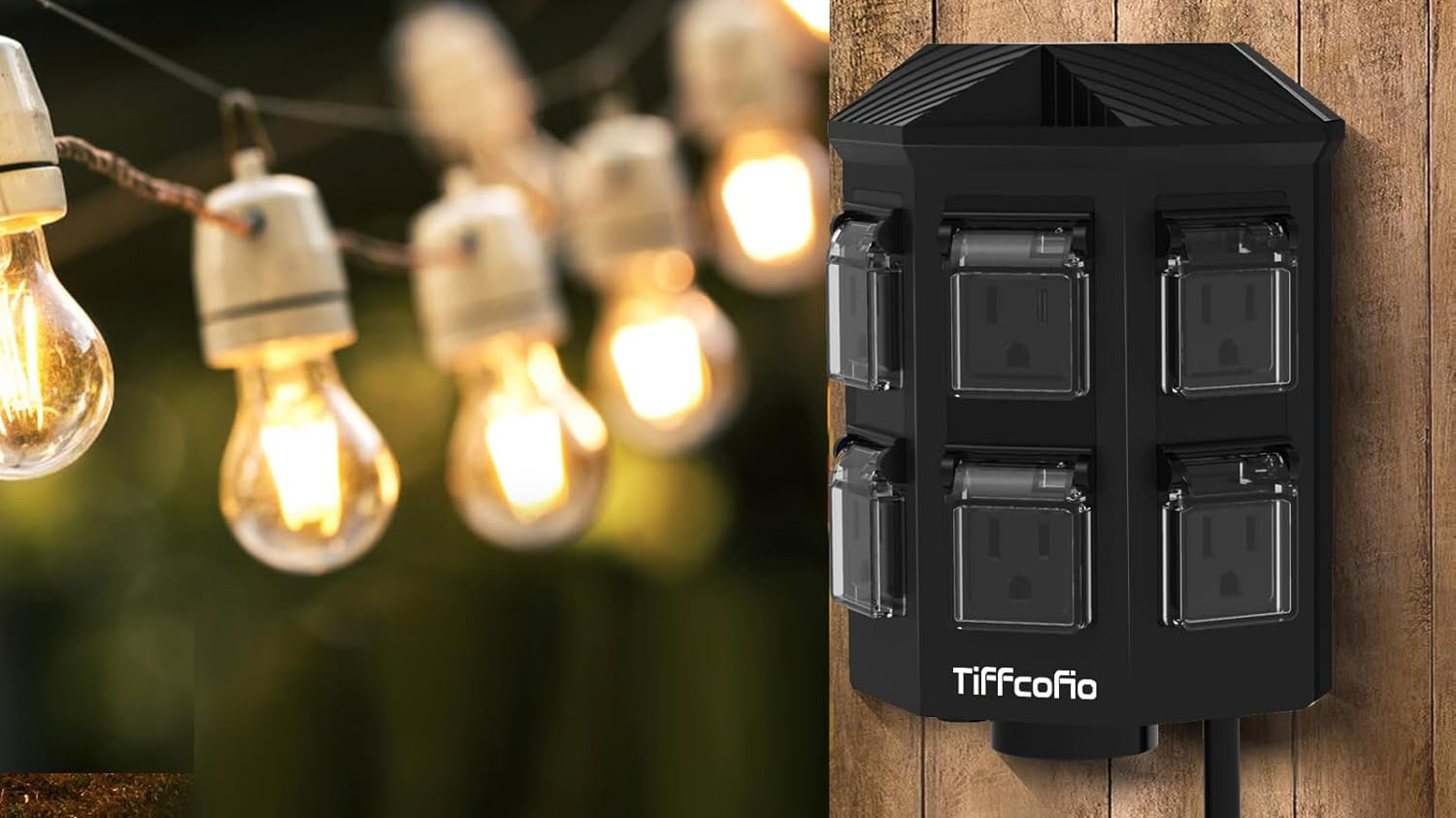


















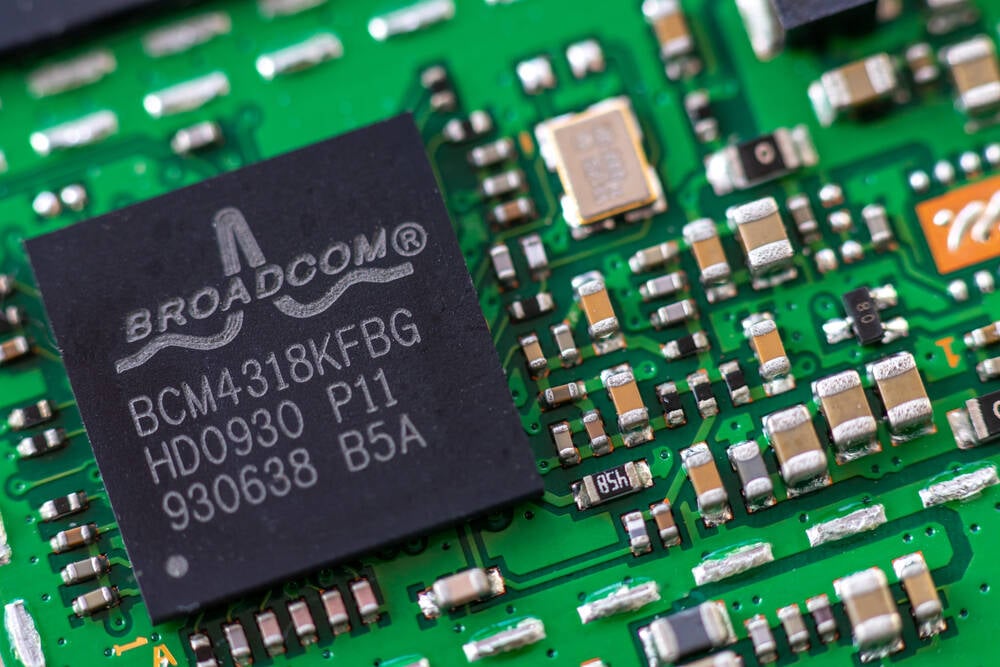
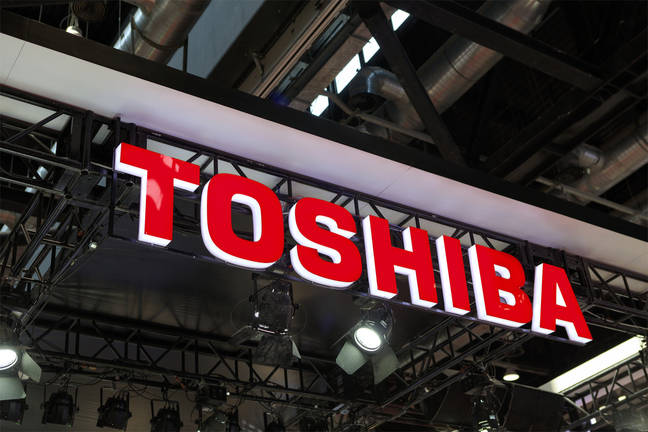
![Apple Shares Official Trailer for 'The Wild Ones' [Video]](https://www.iclarified.com/images/news/97515/97515/97515-640.jpg)






